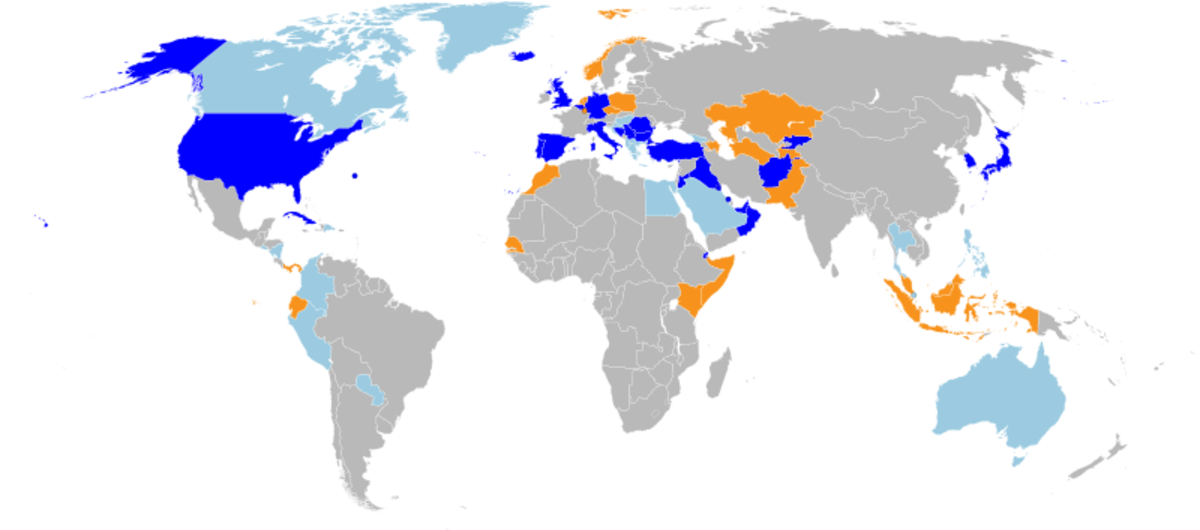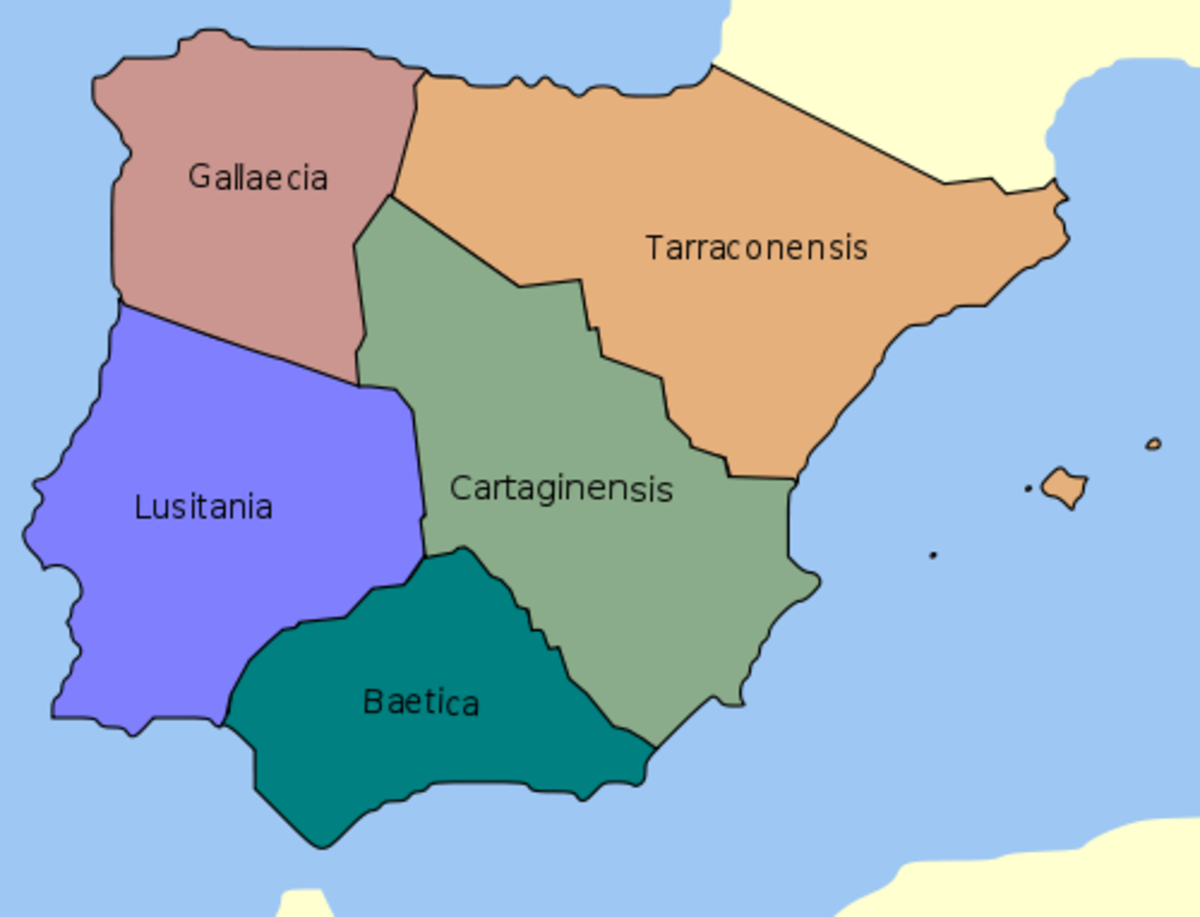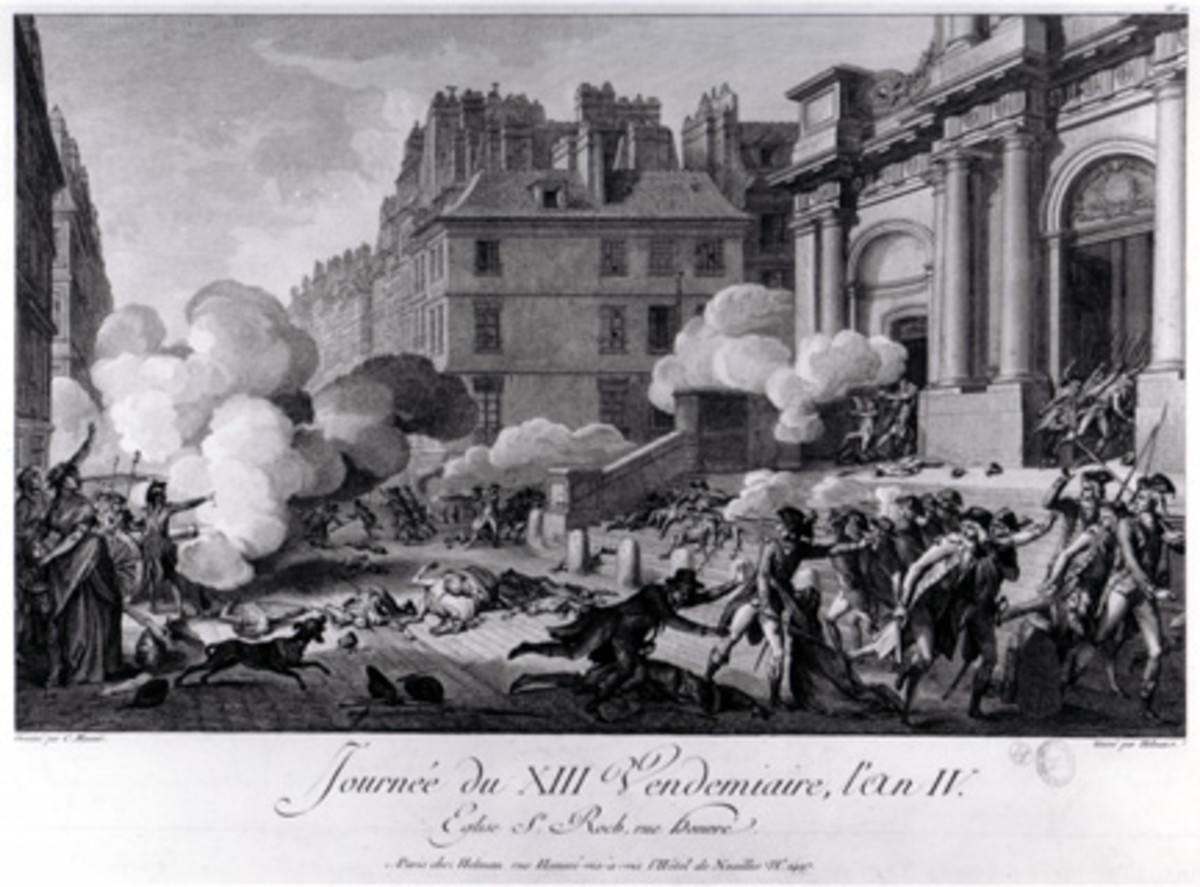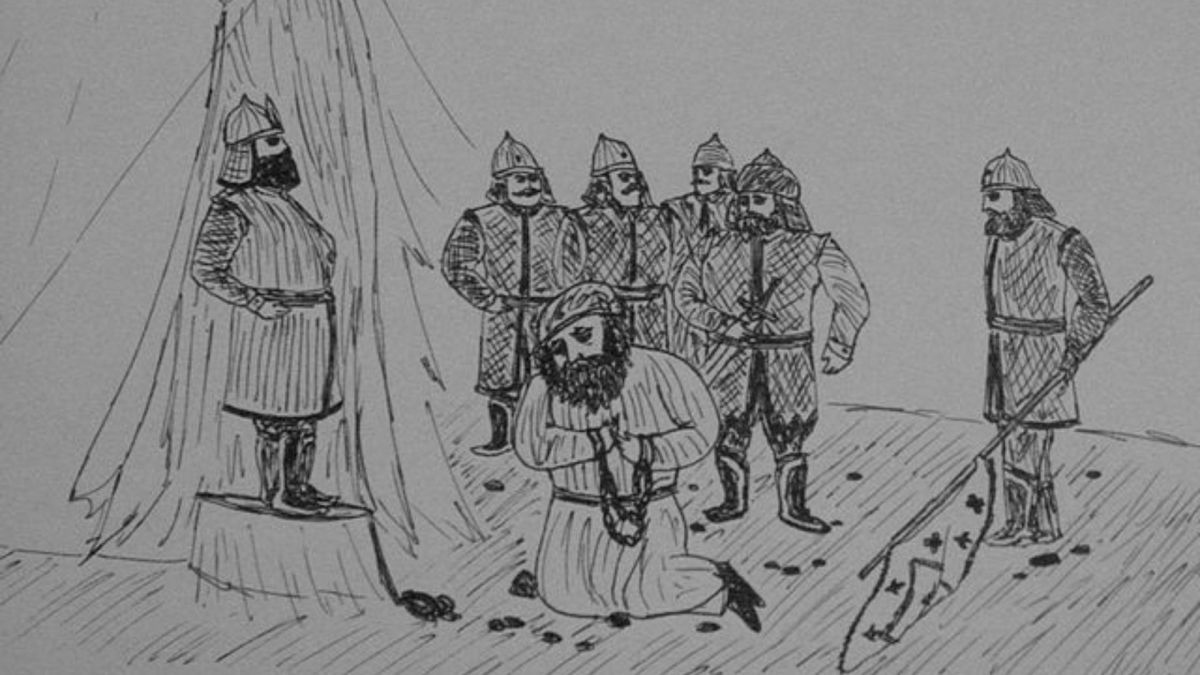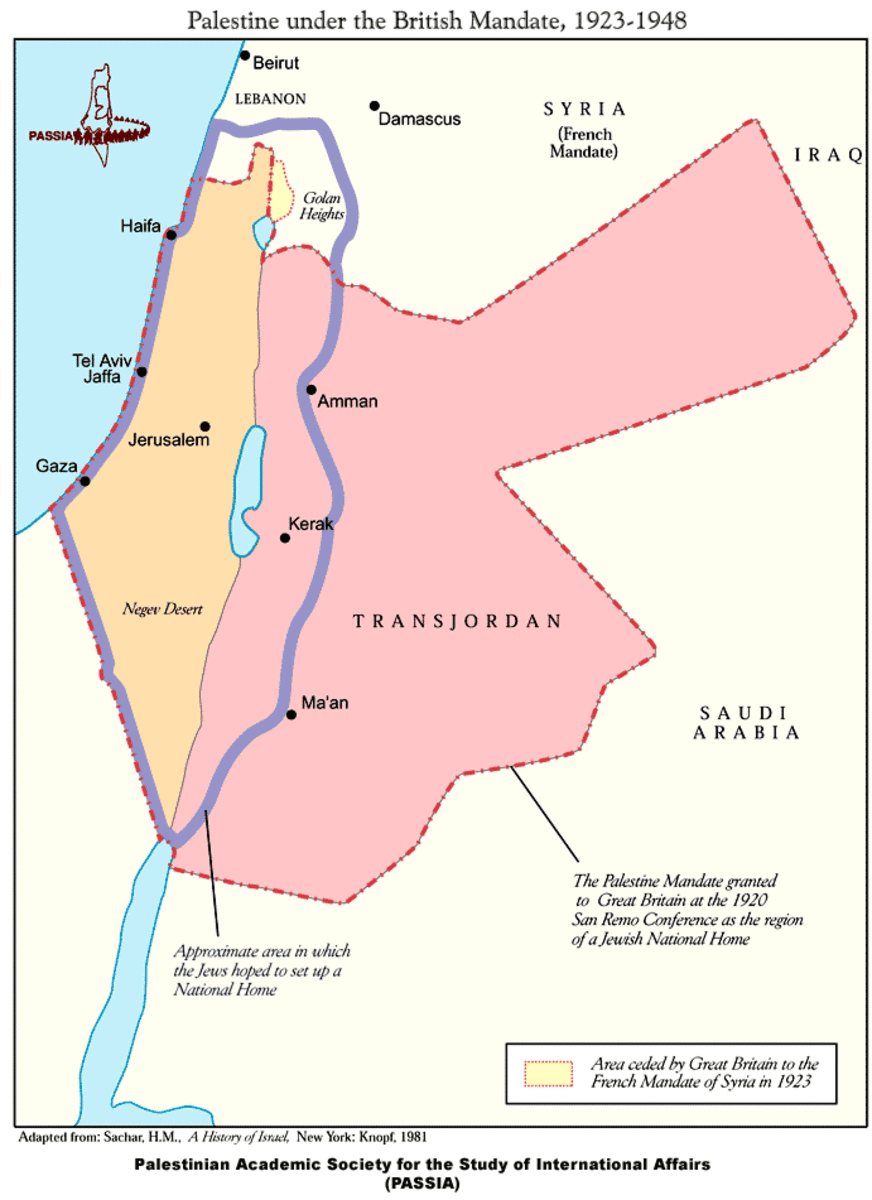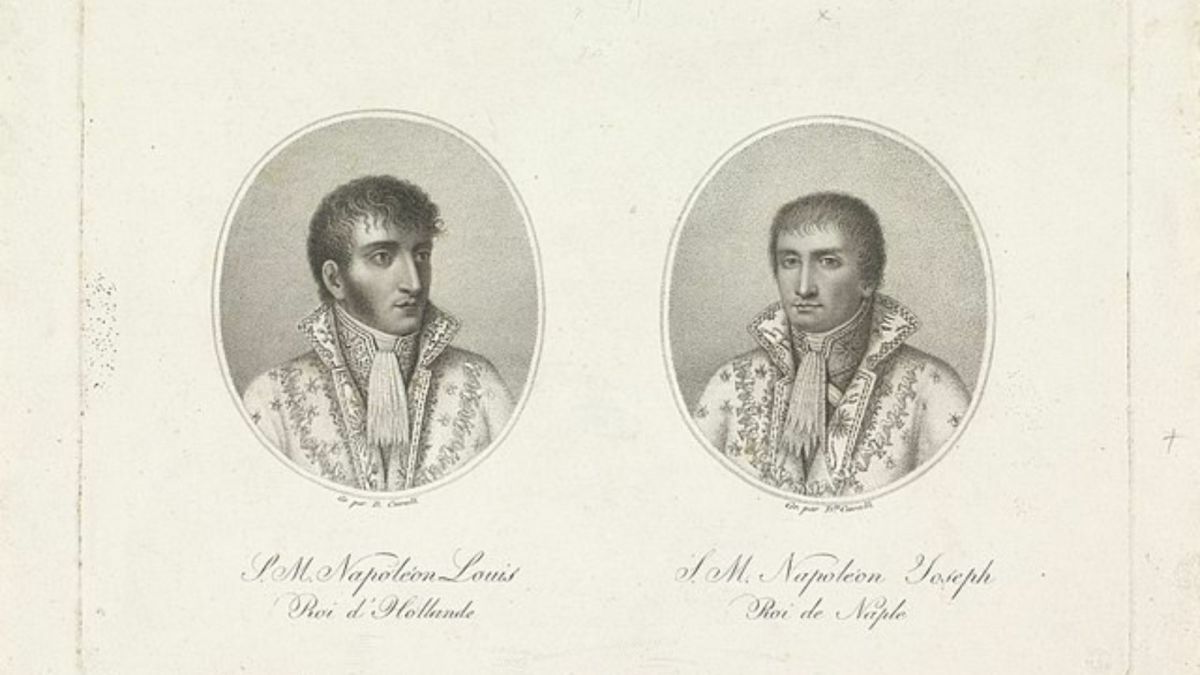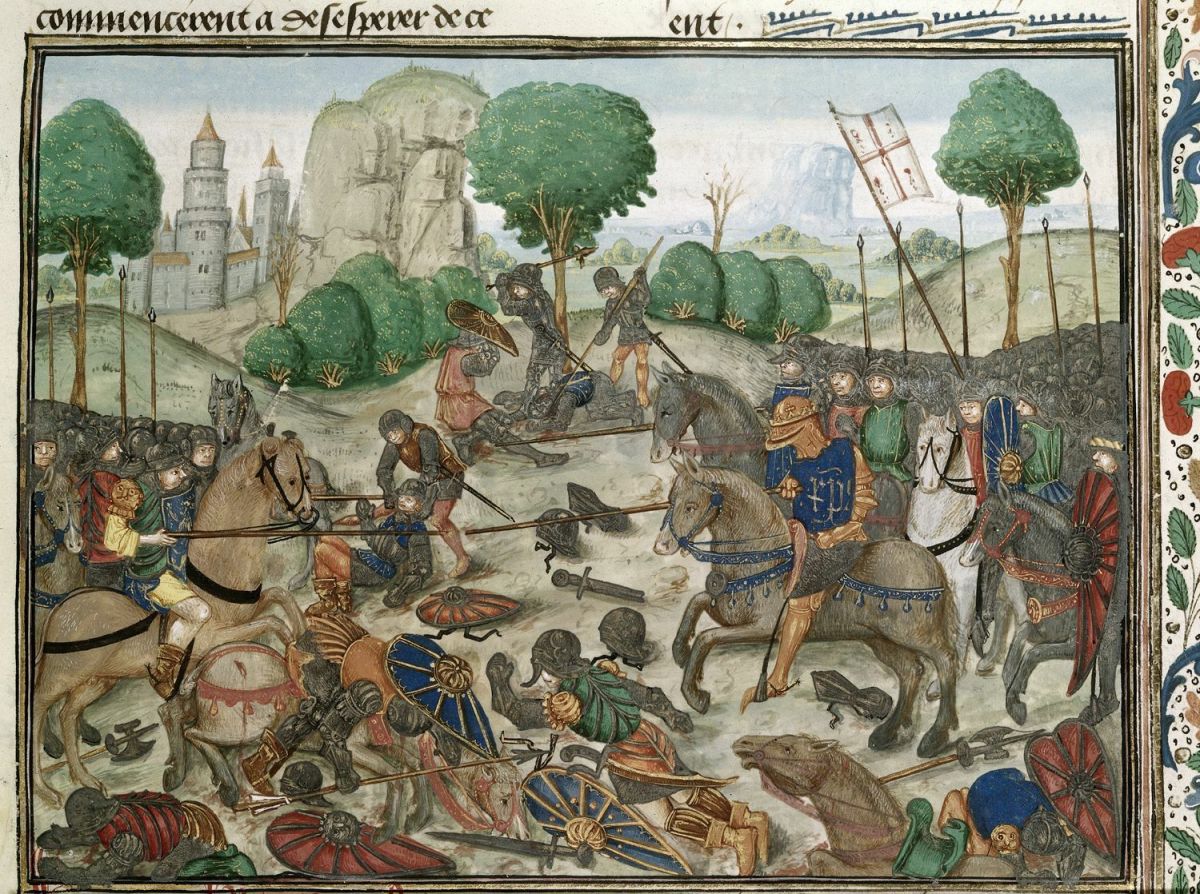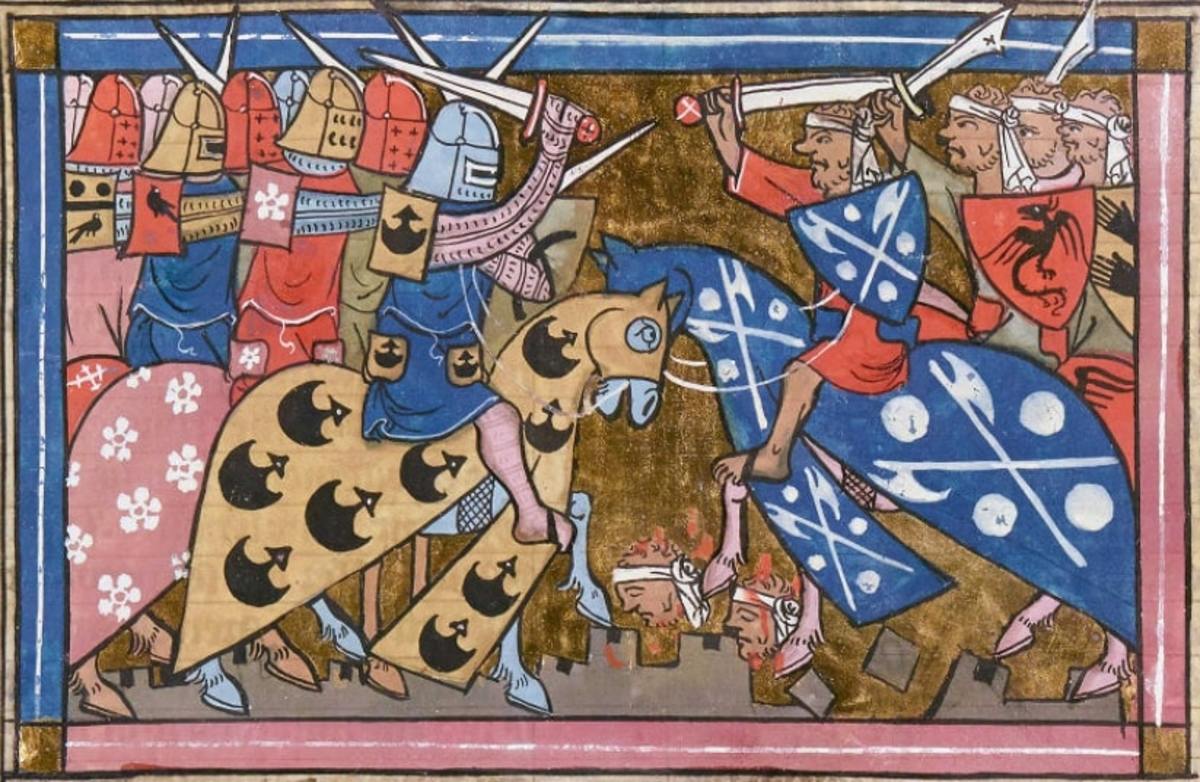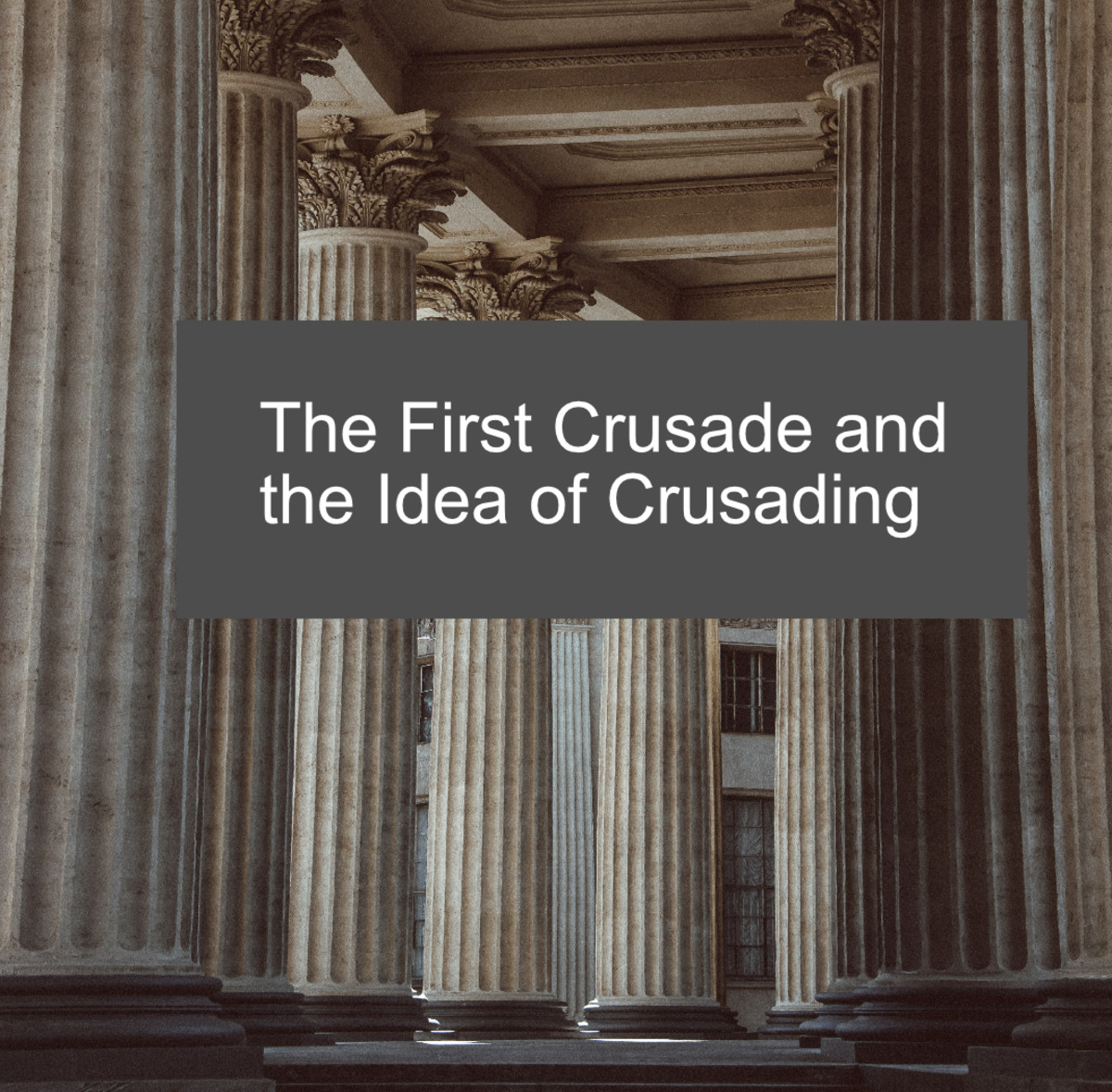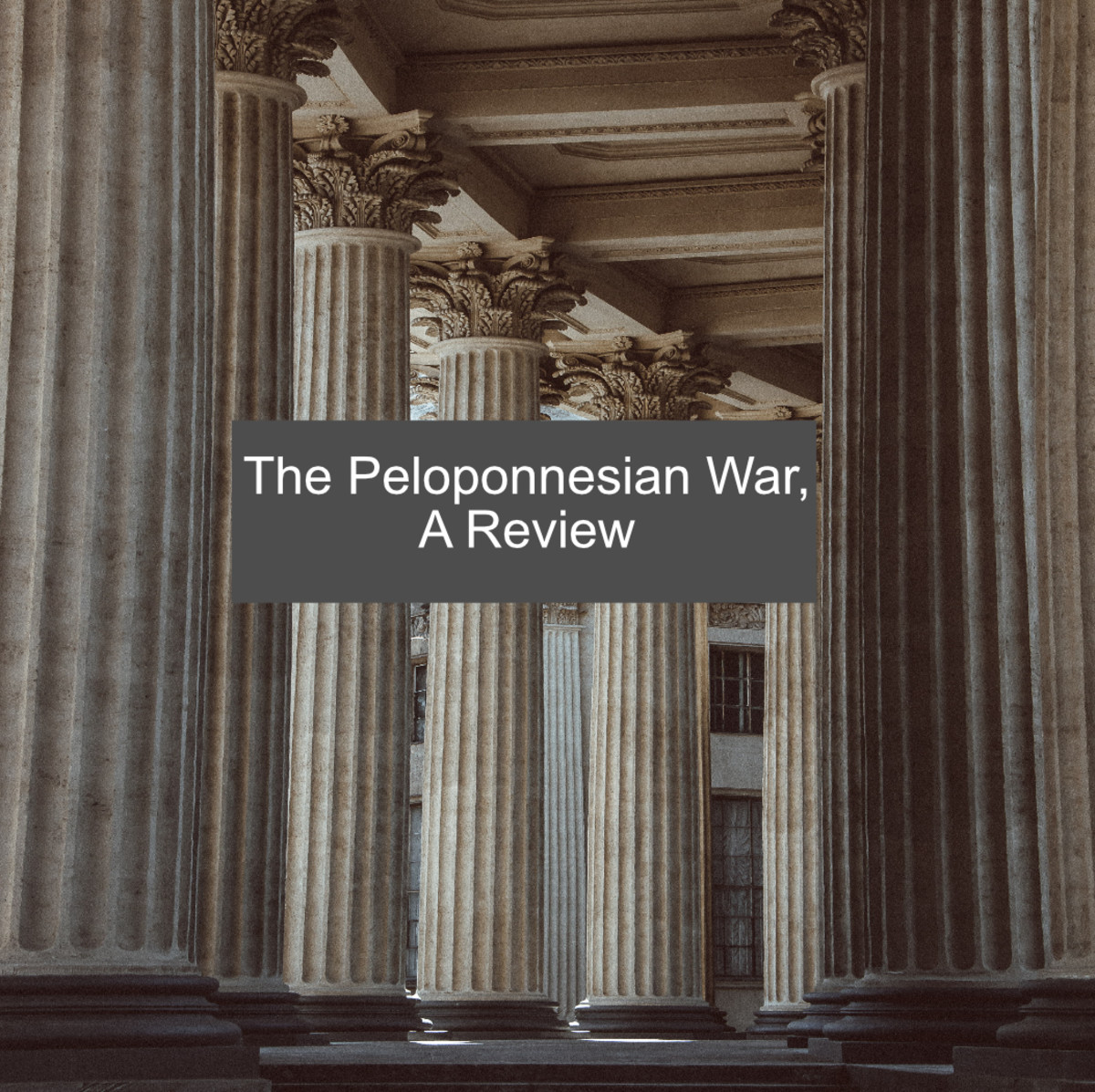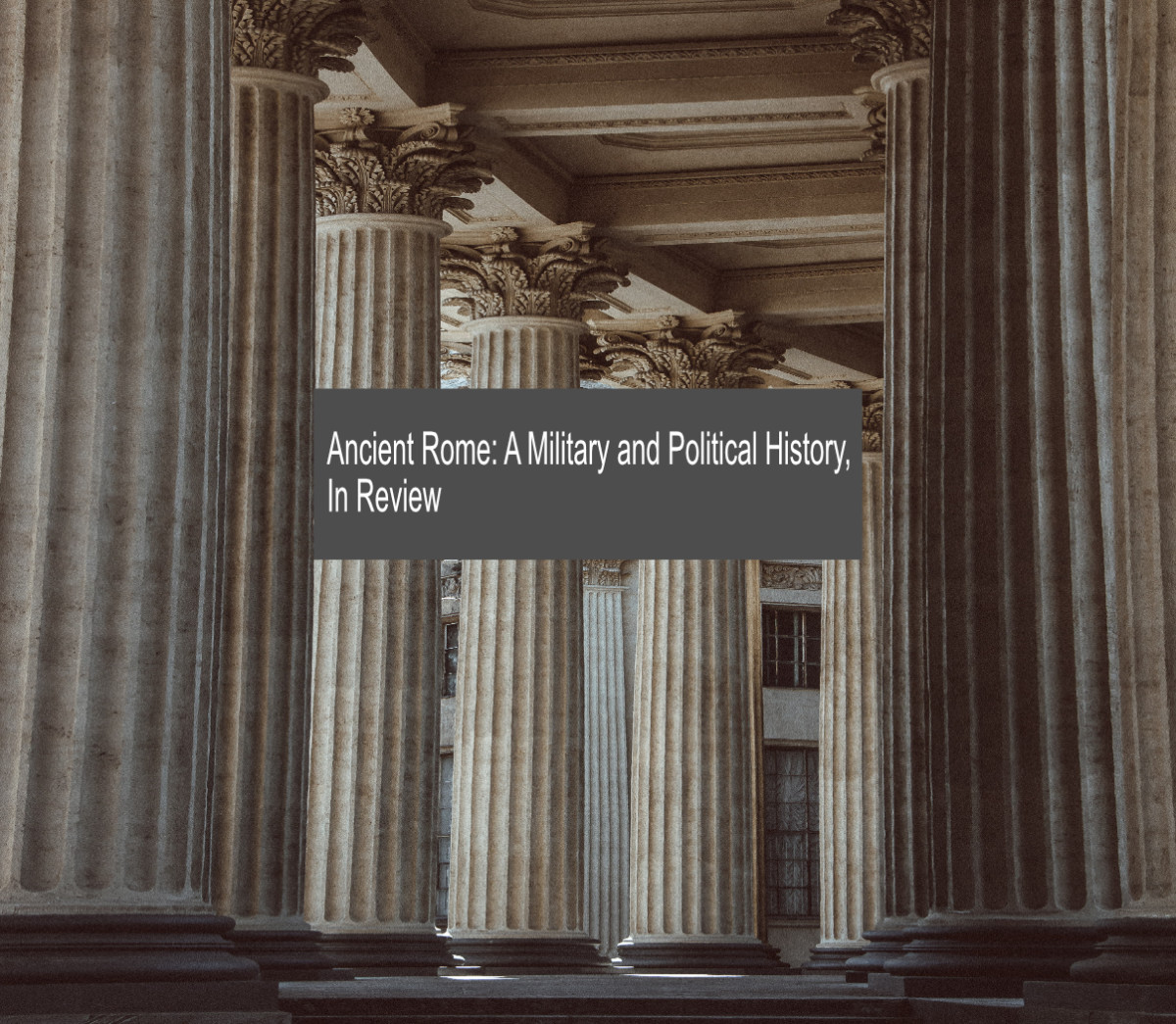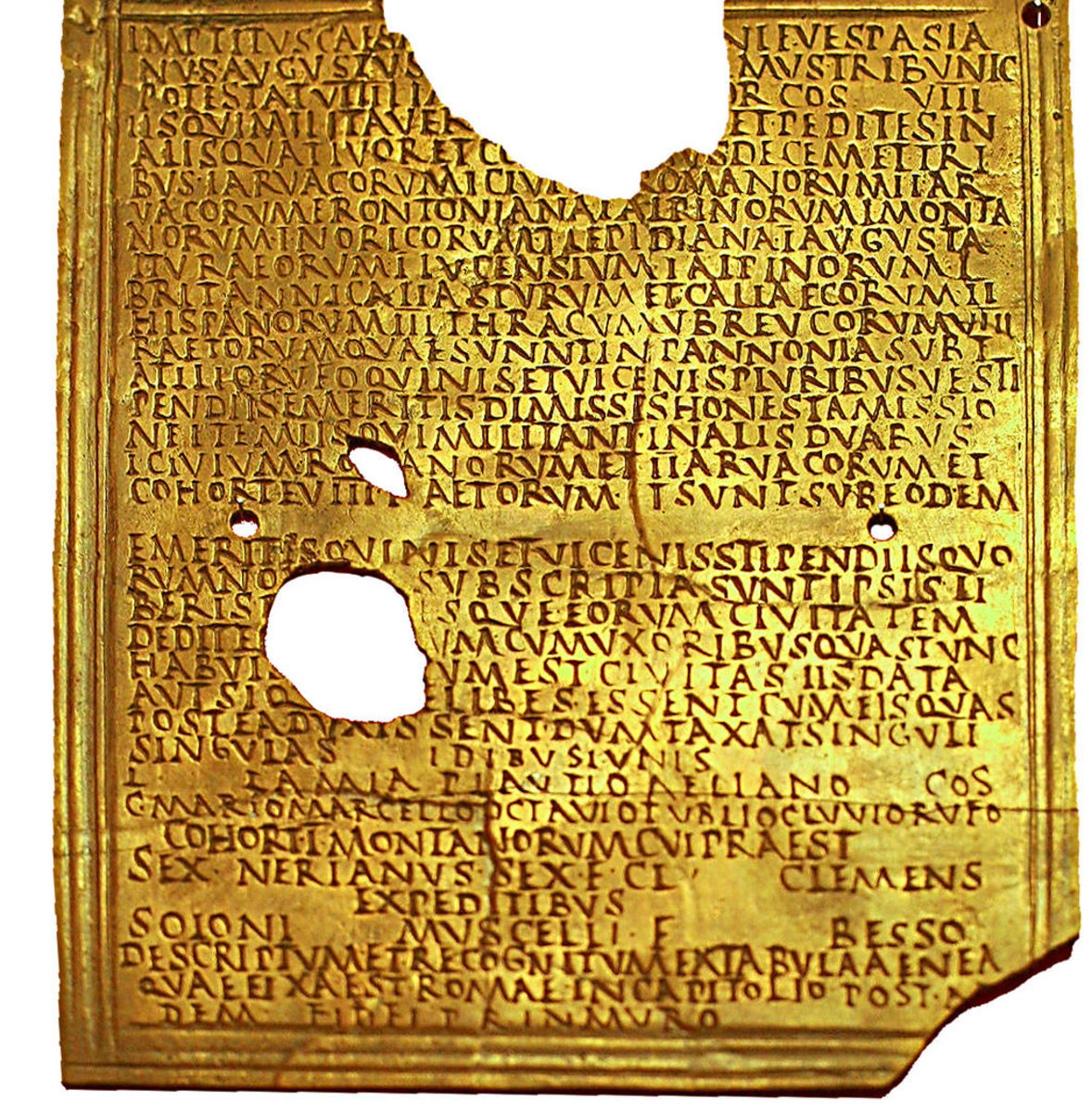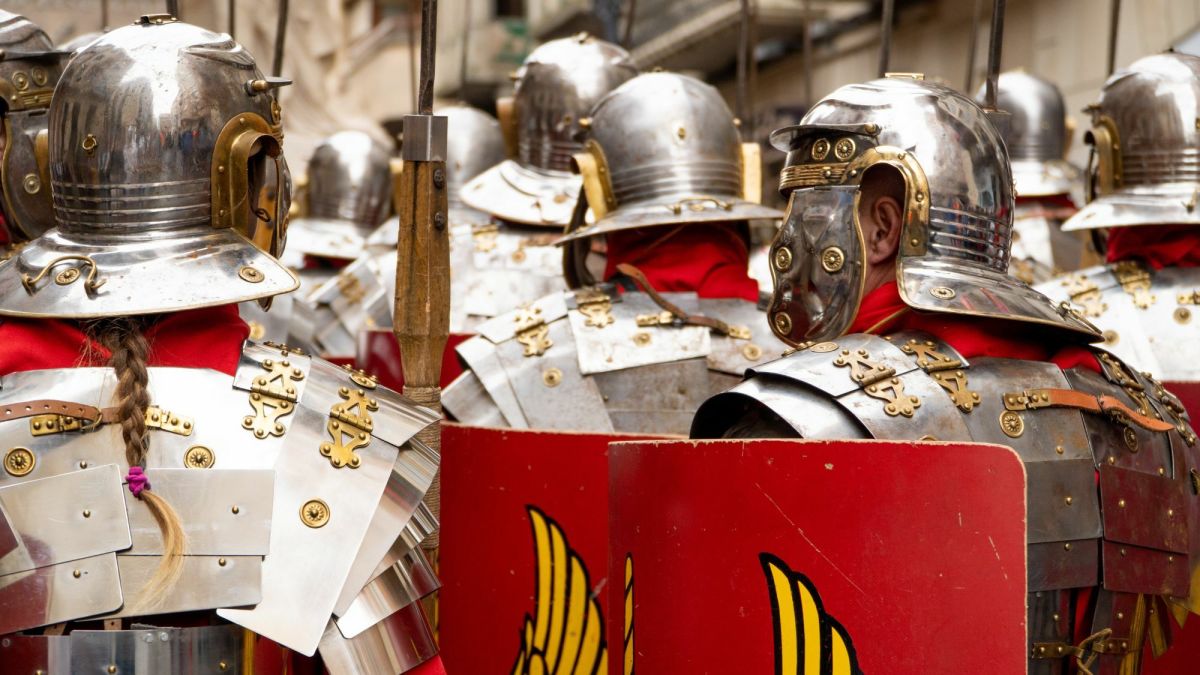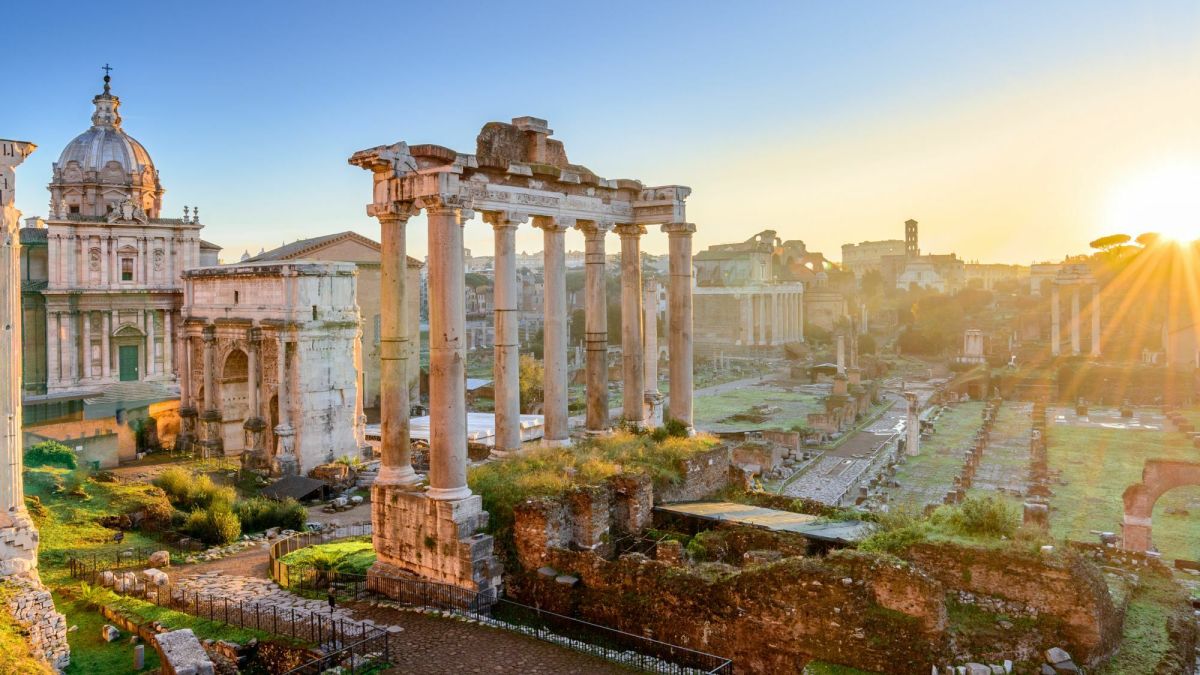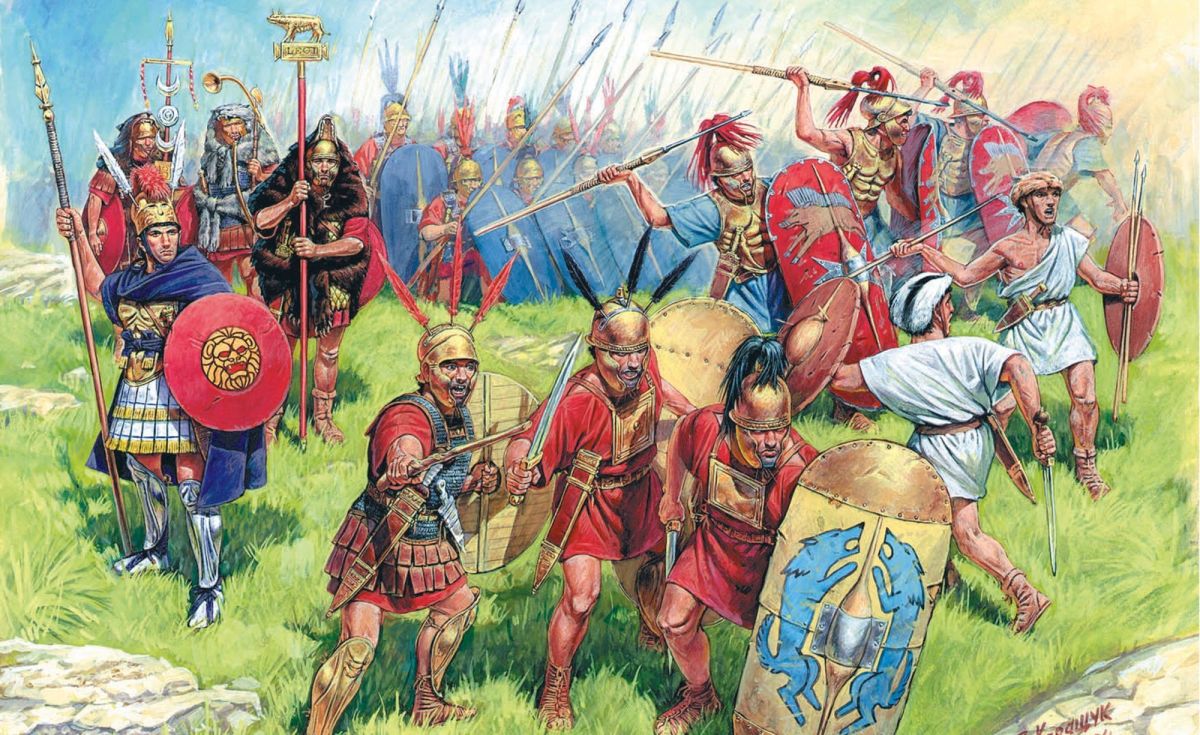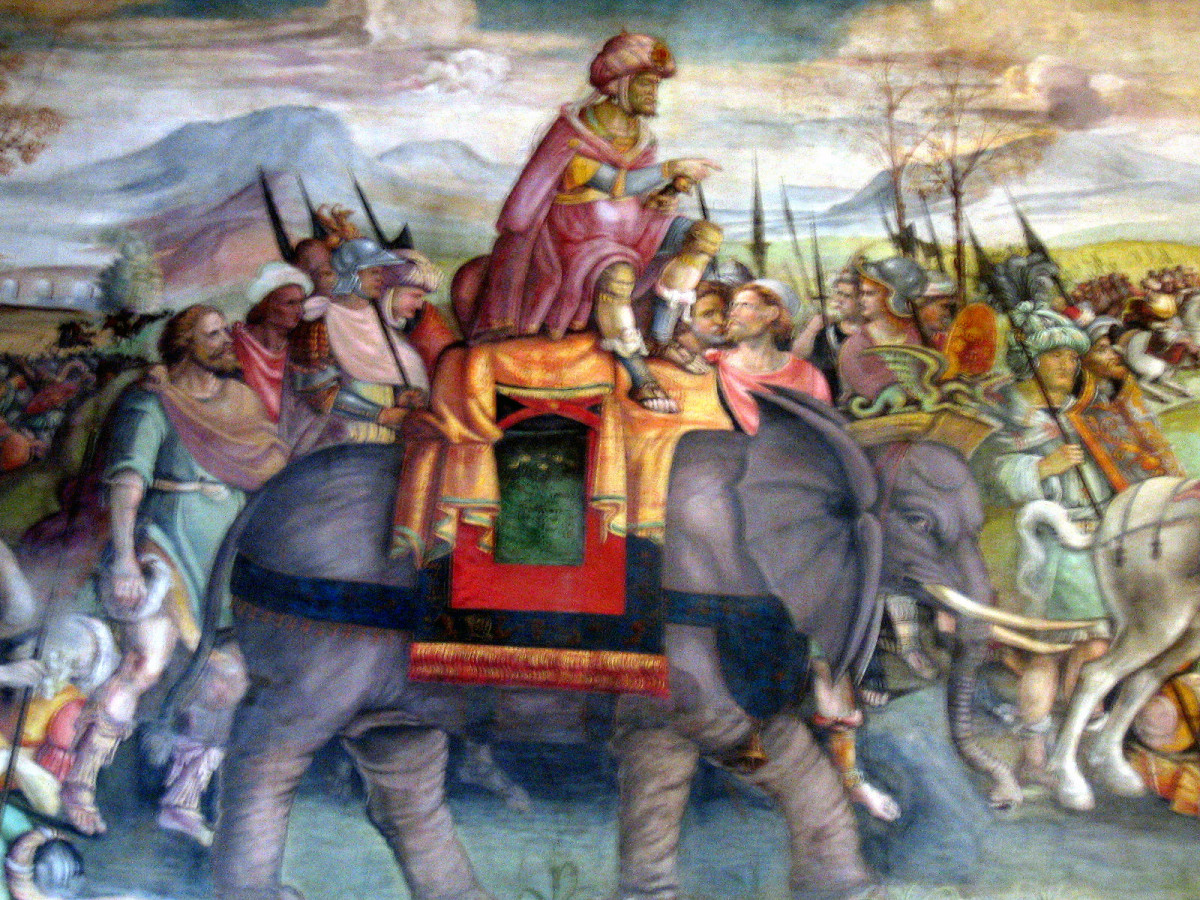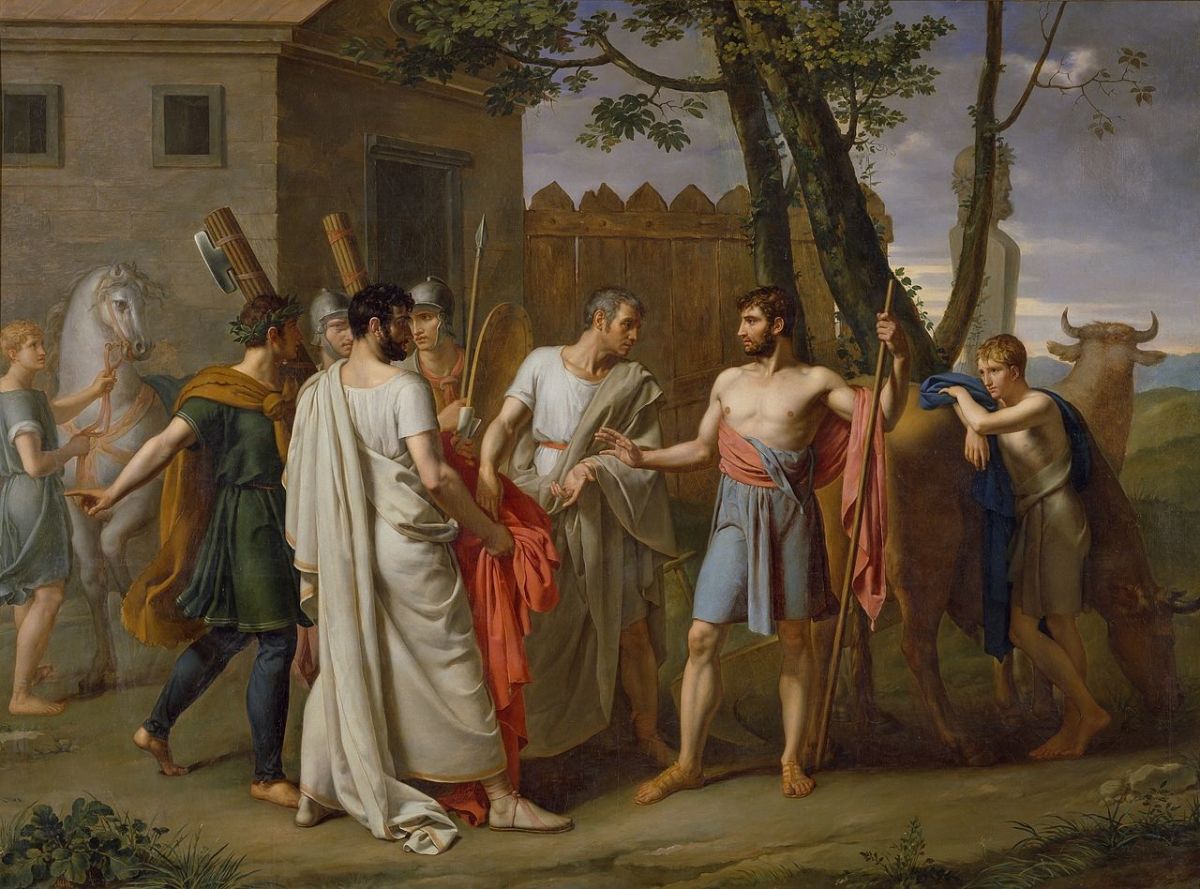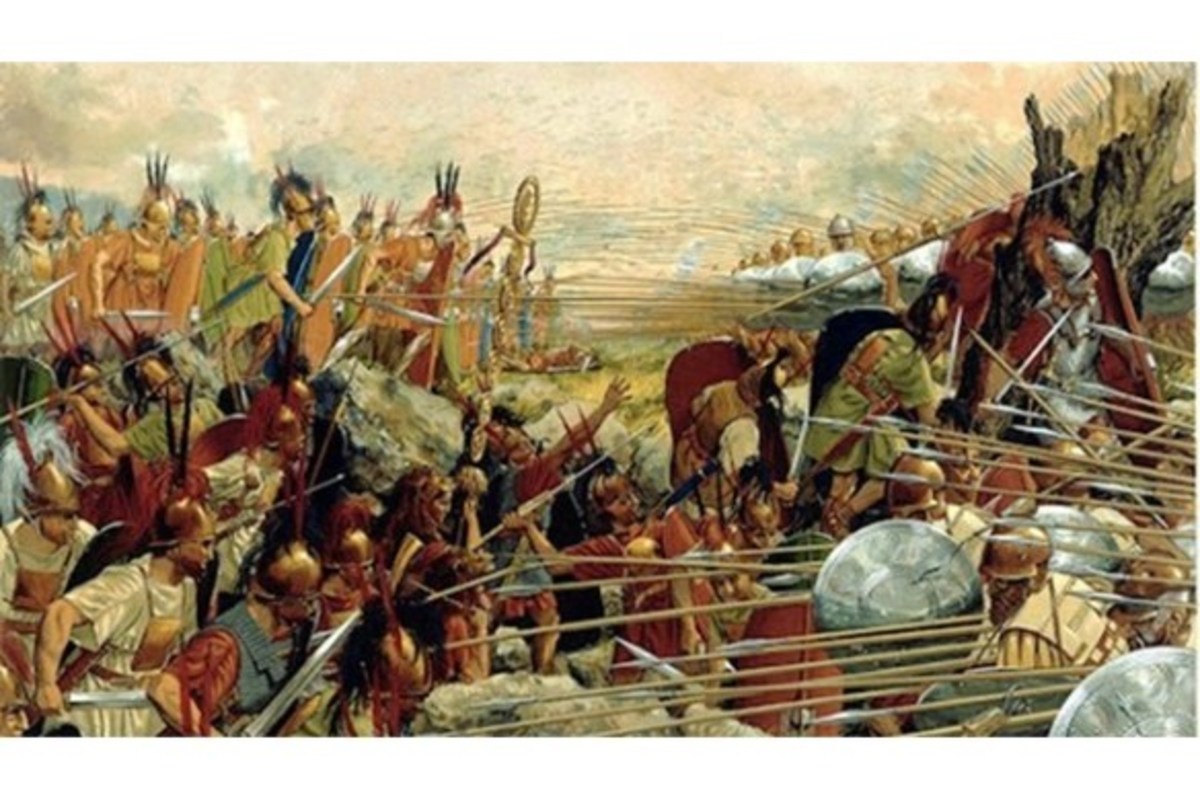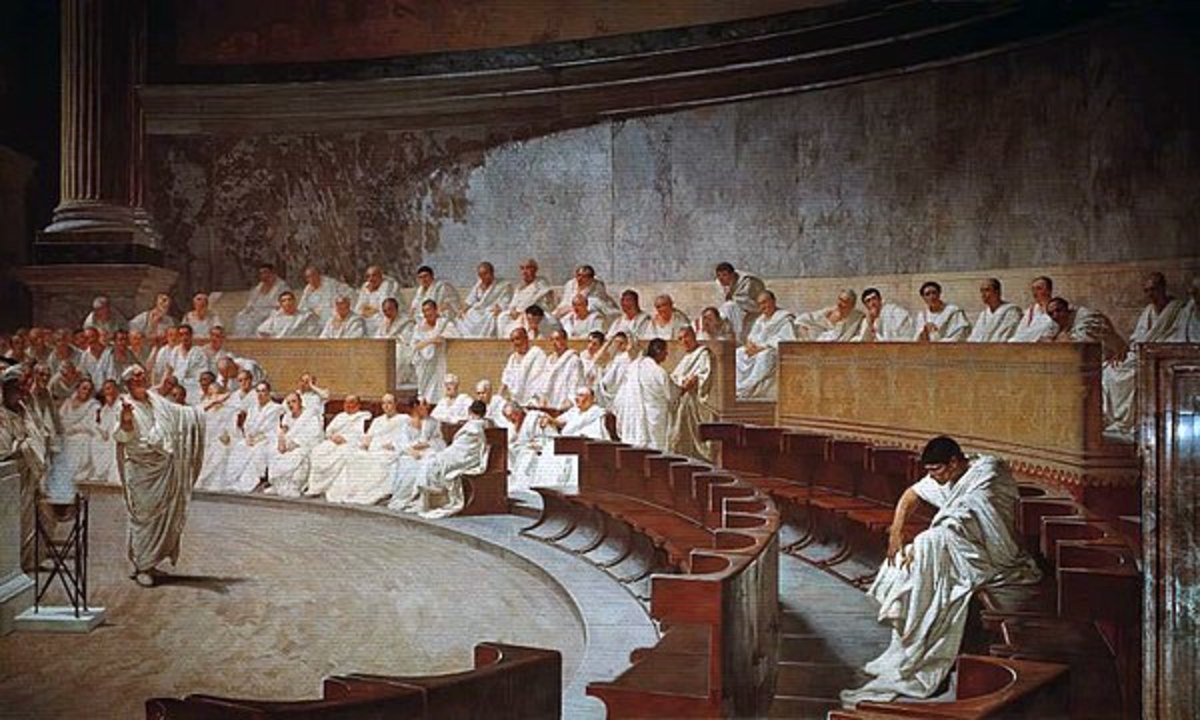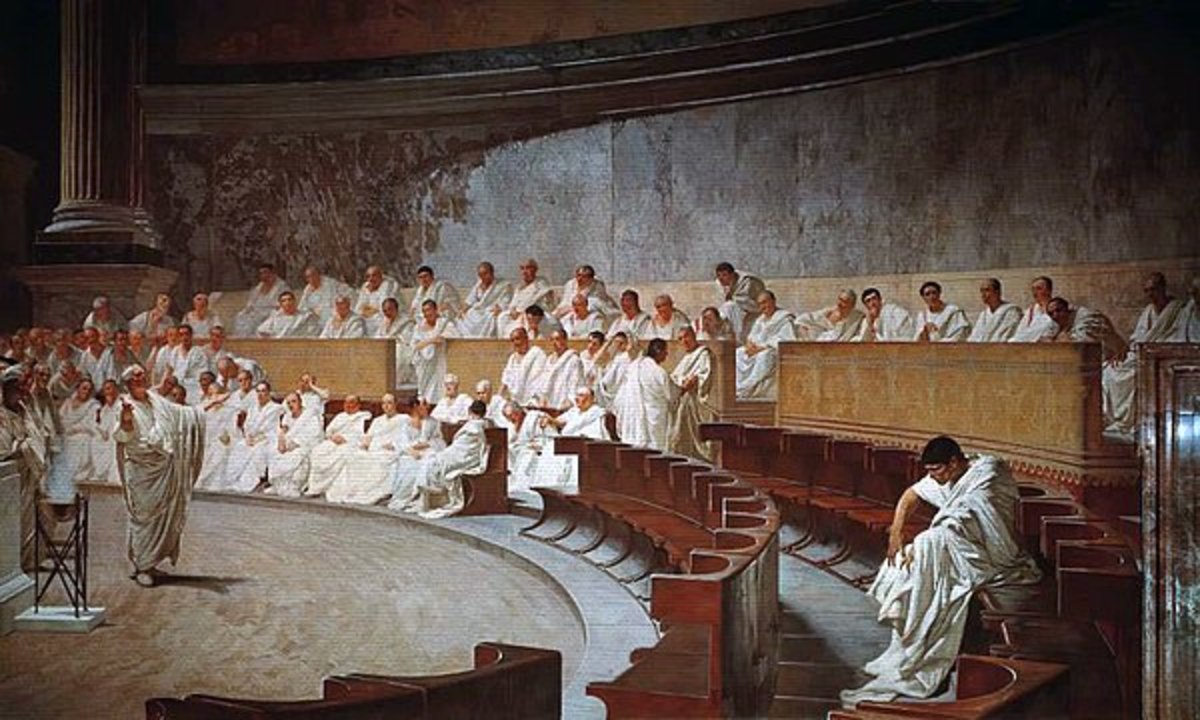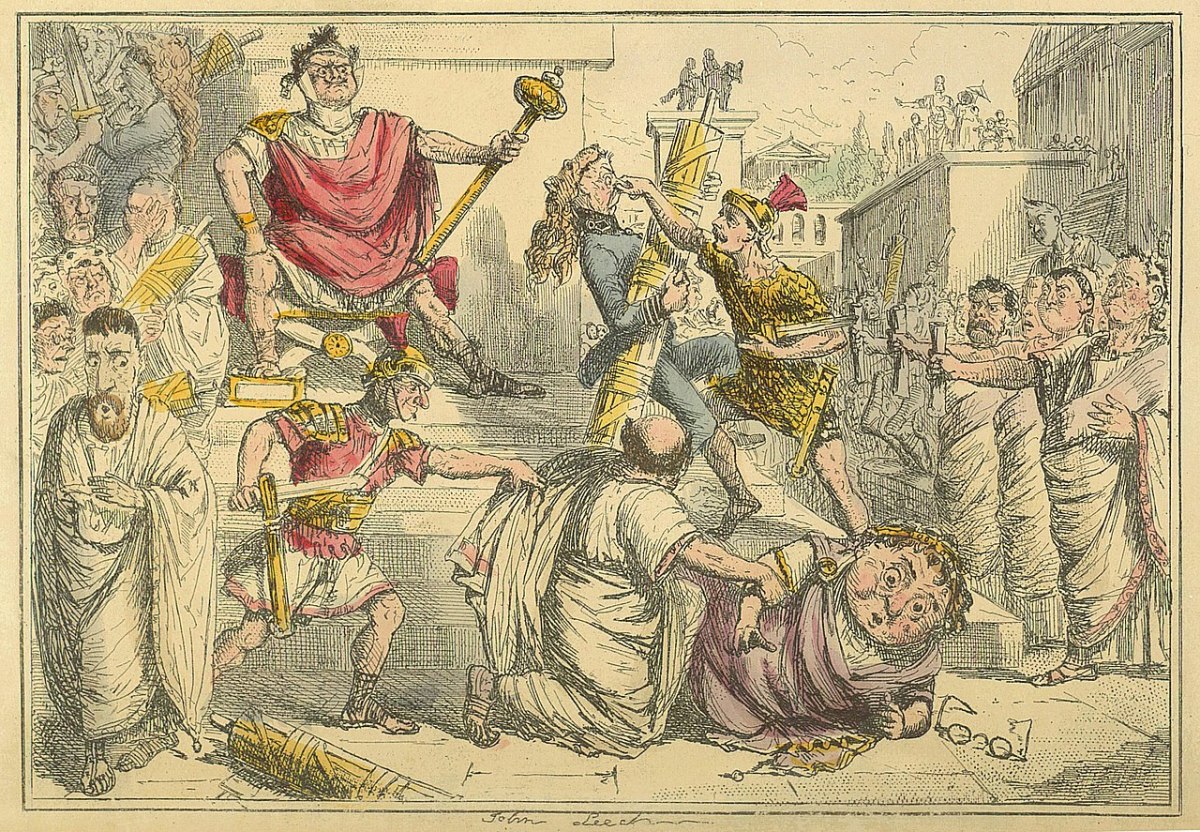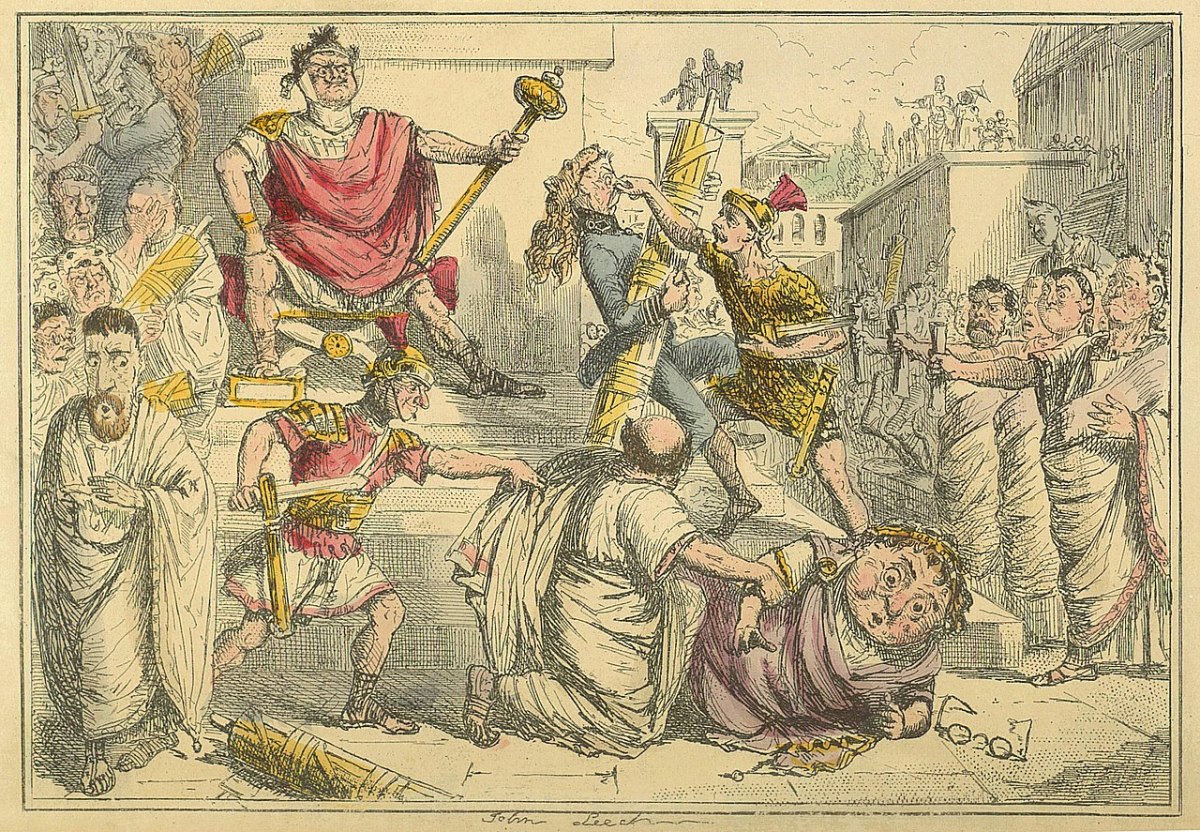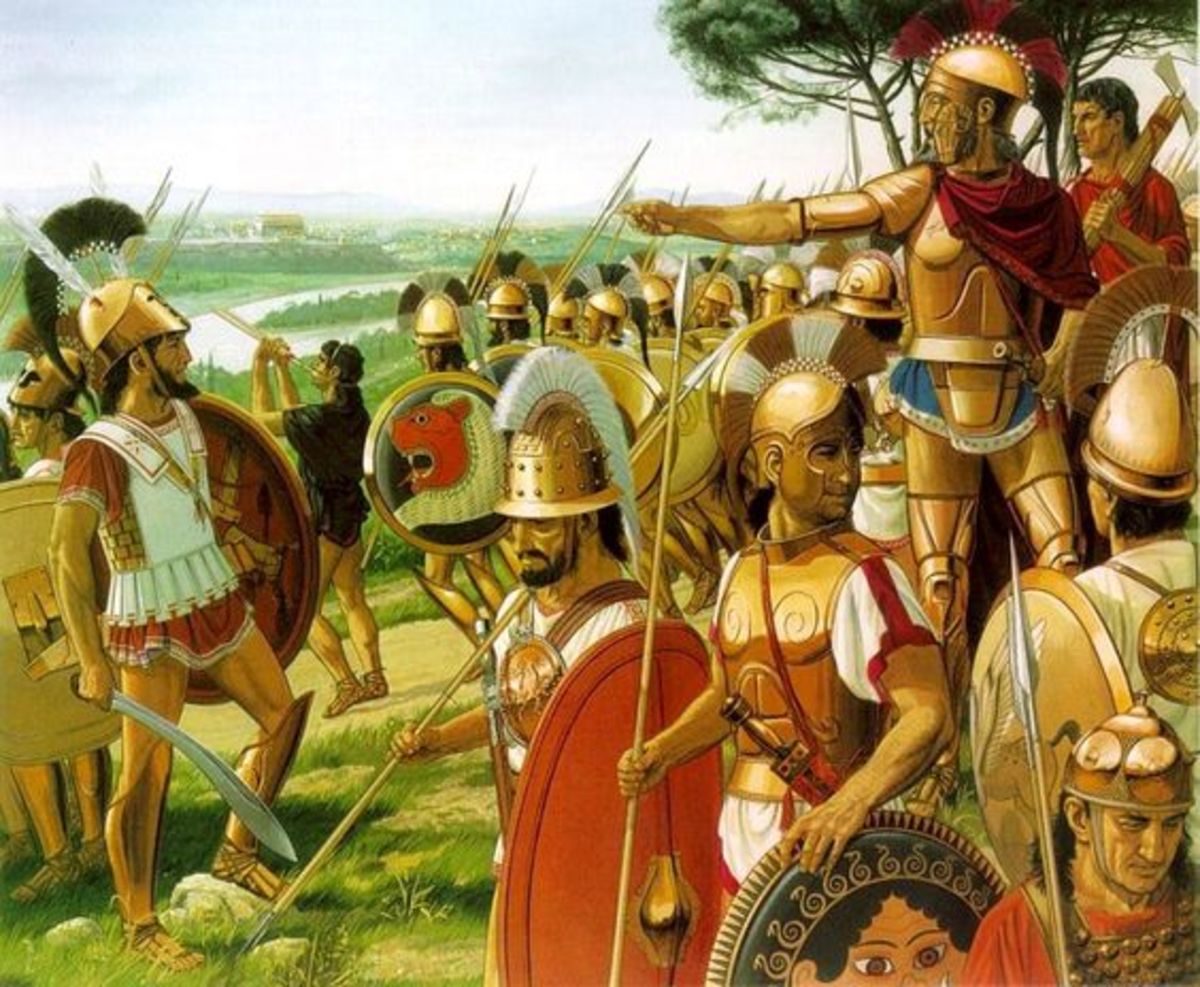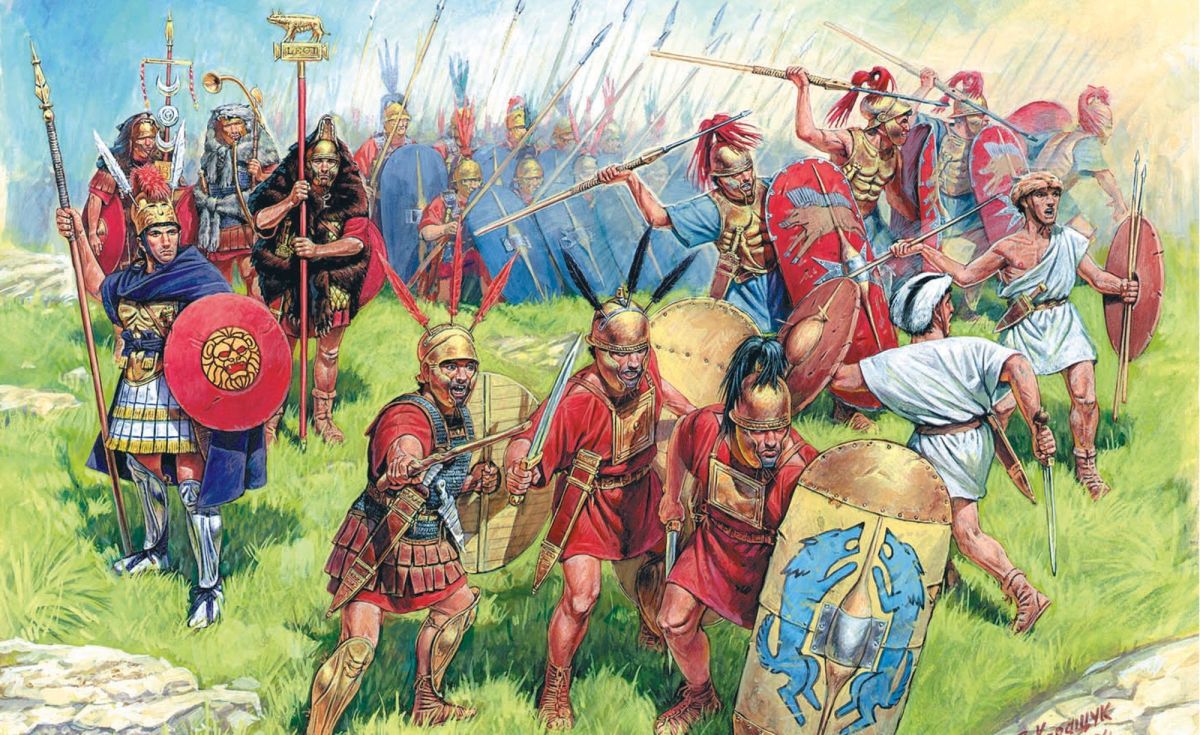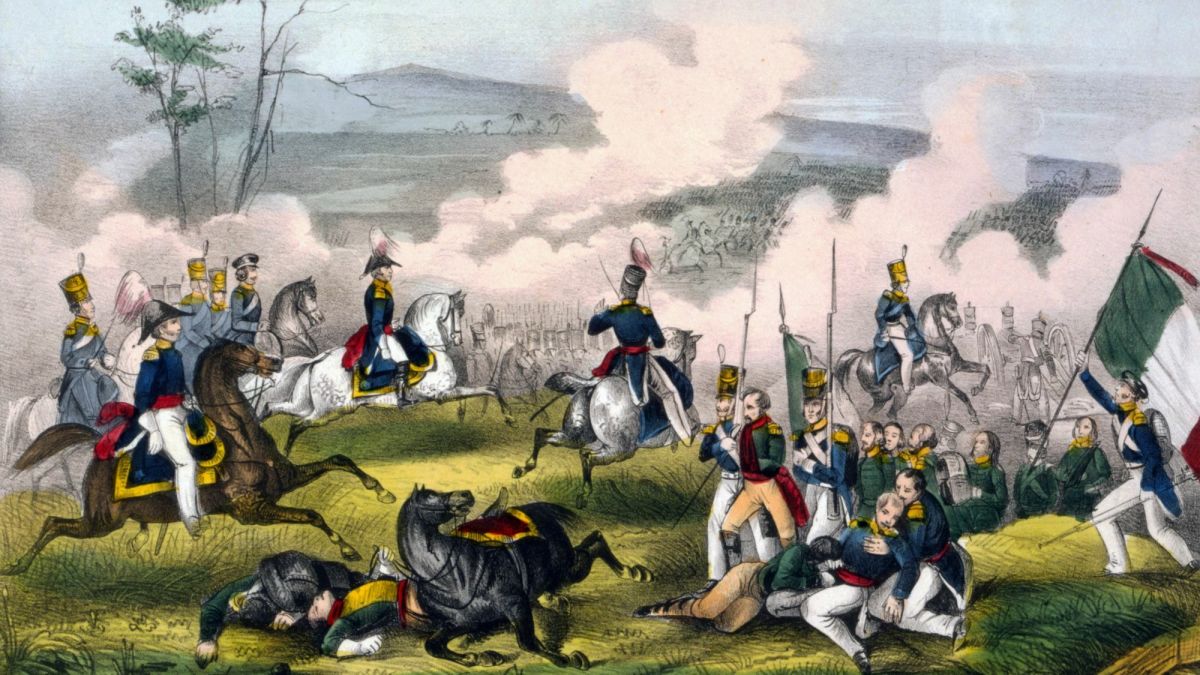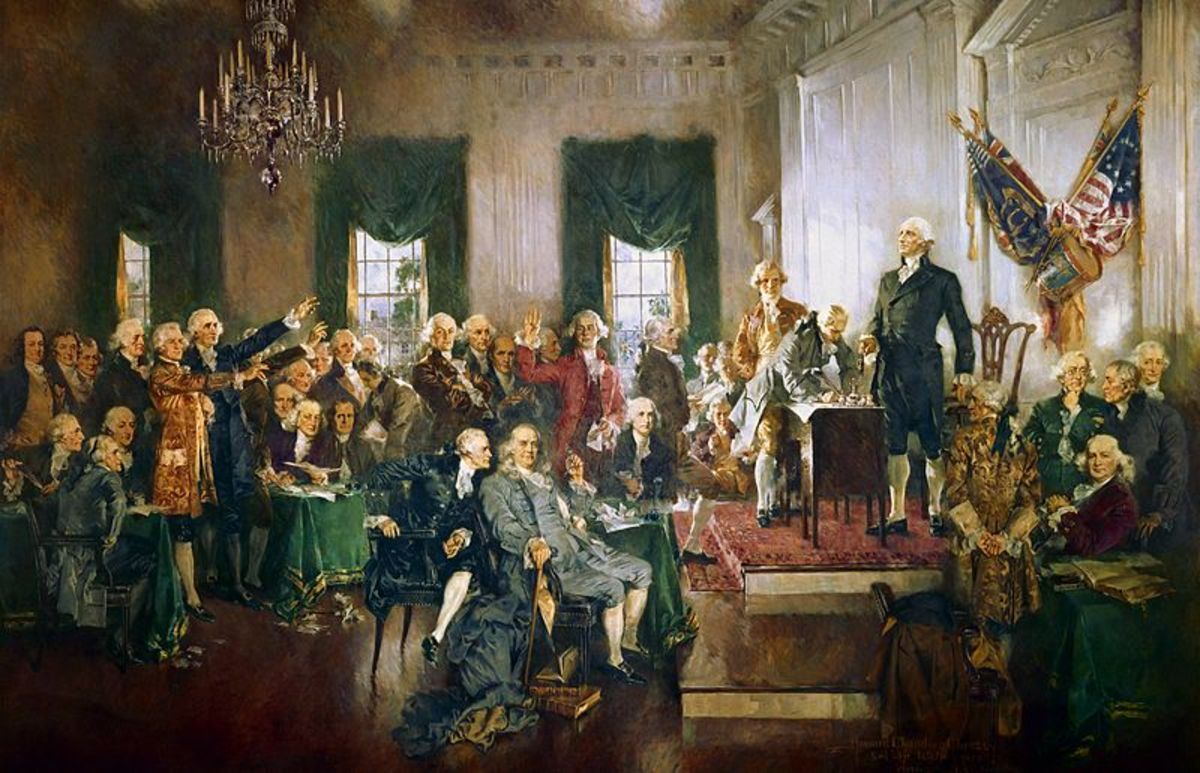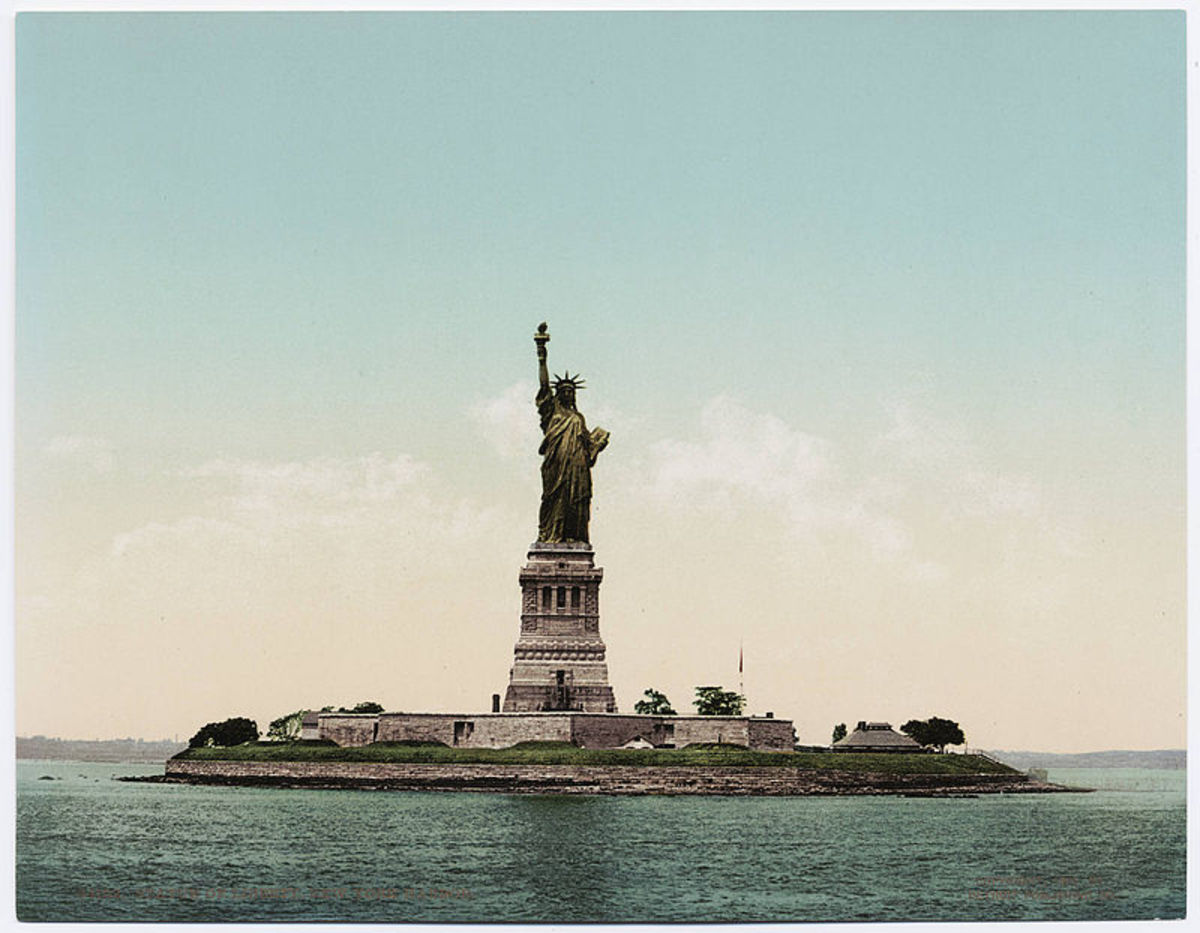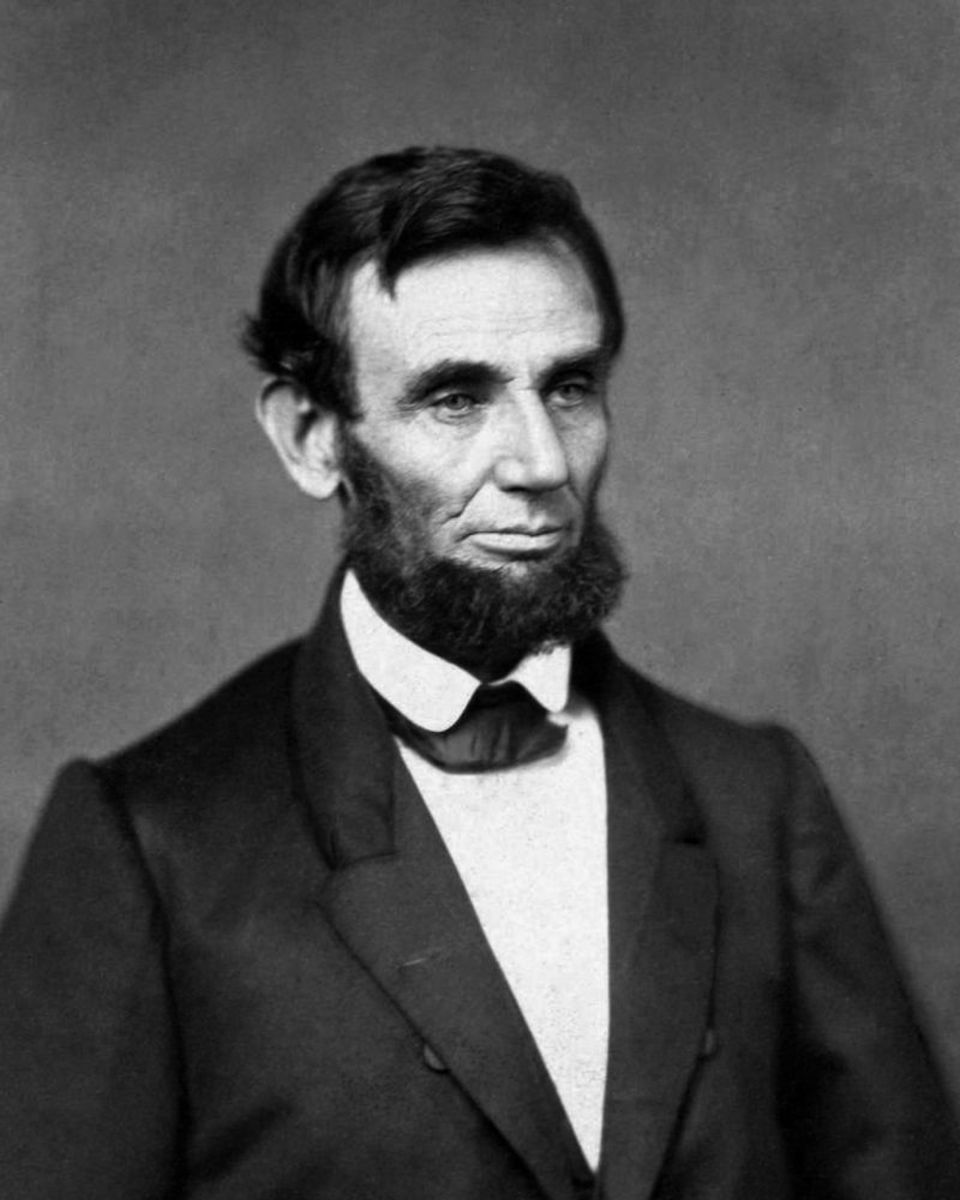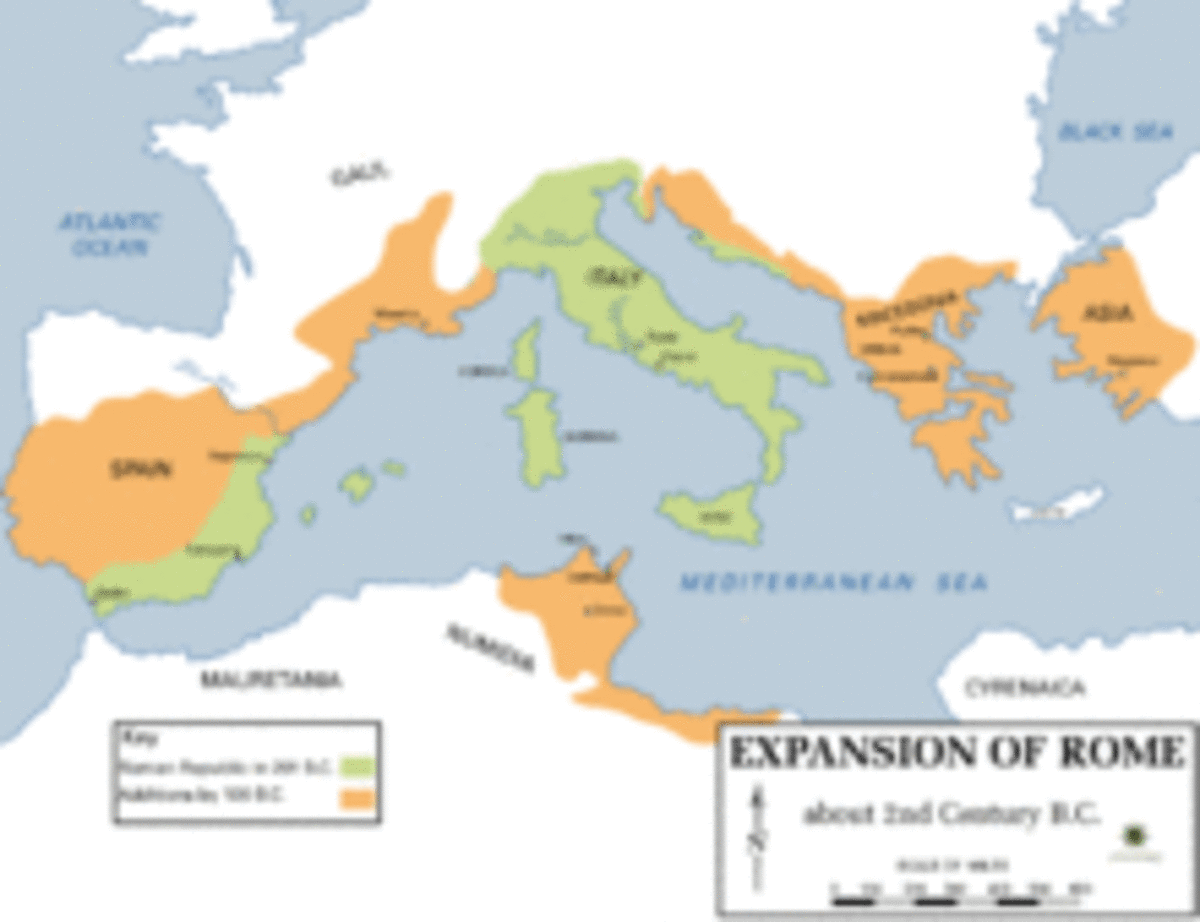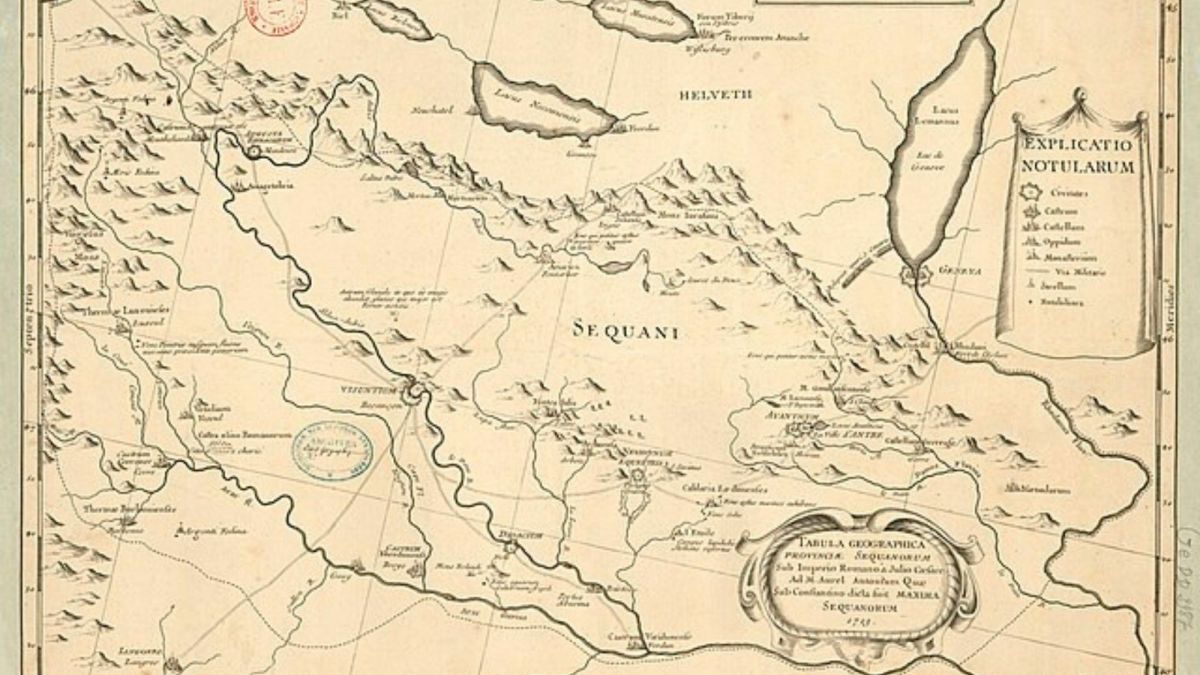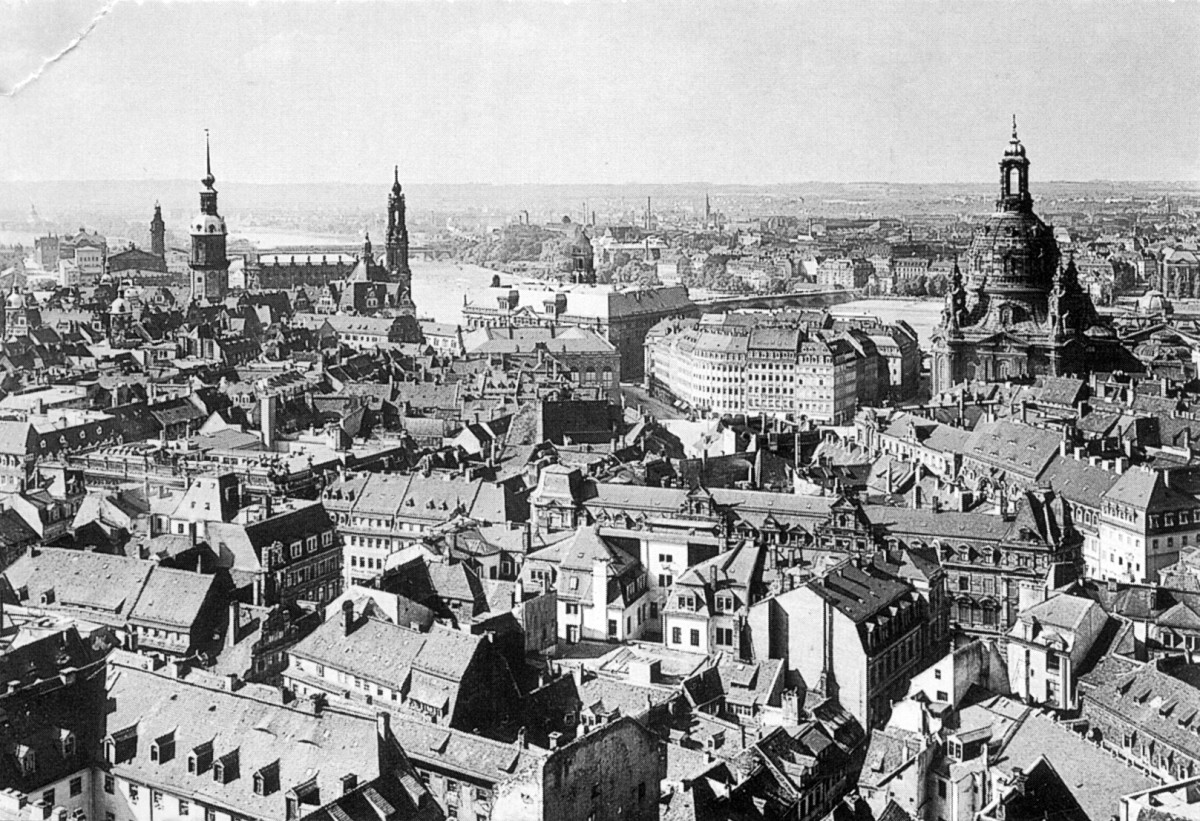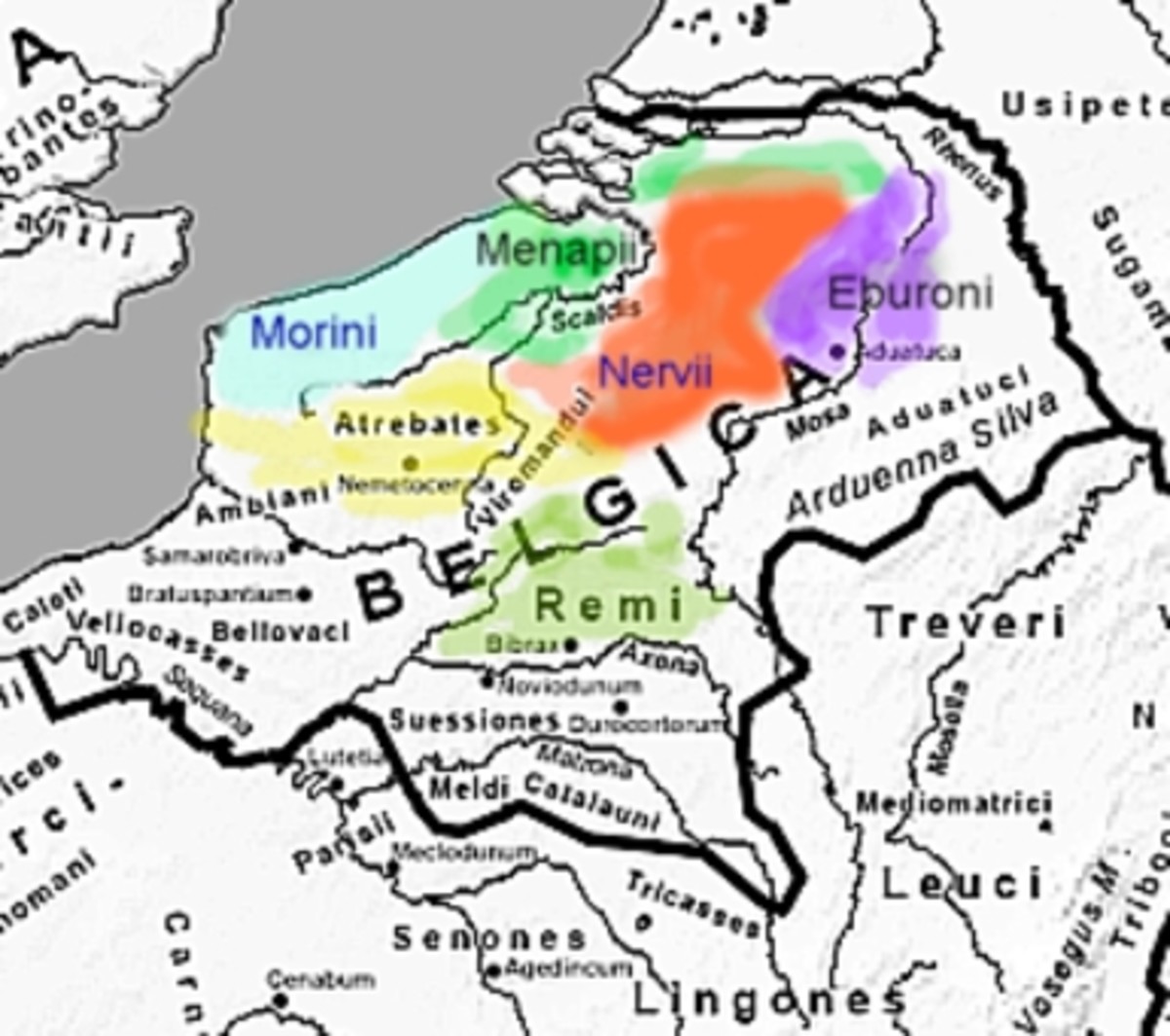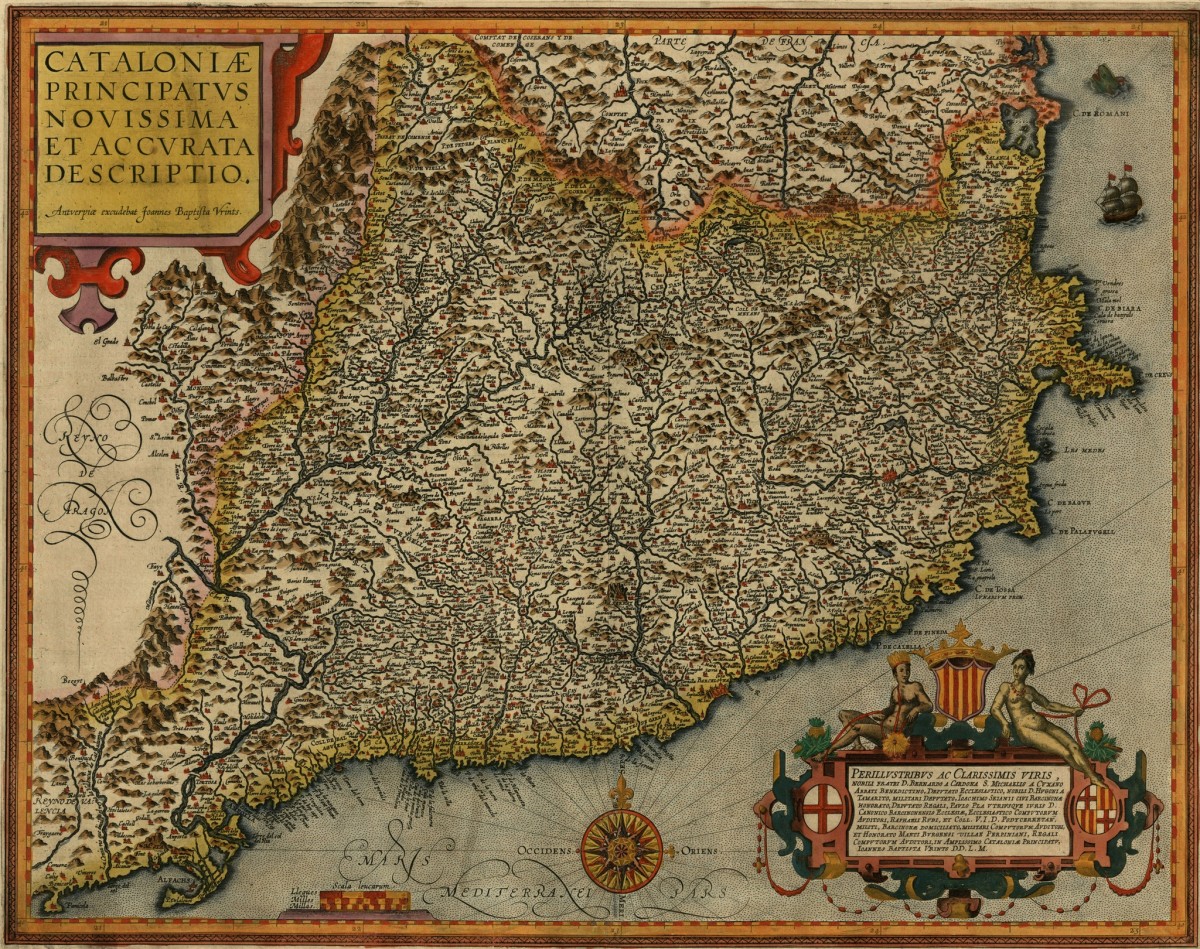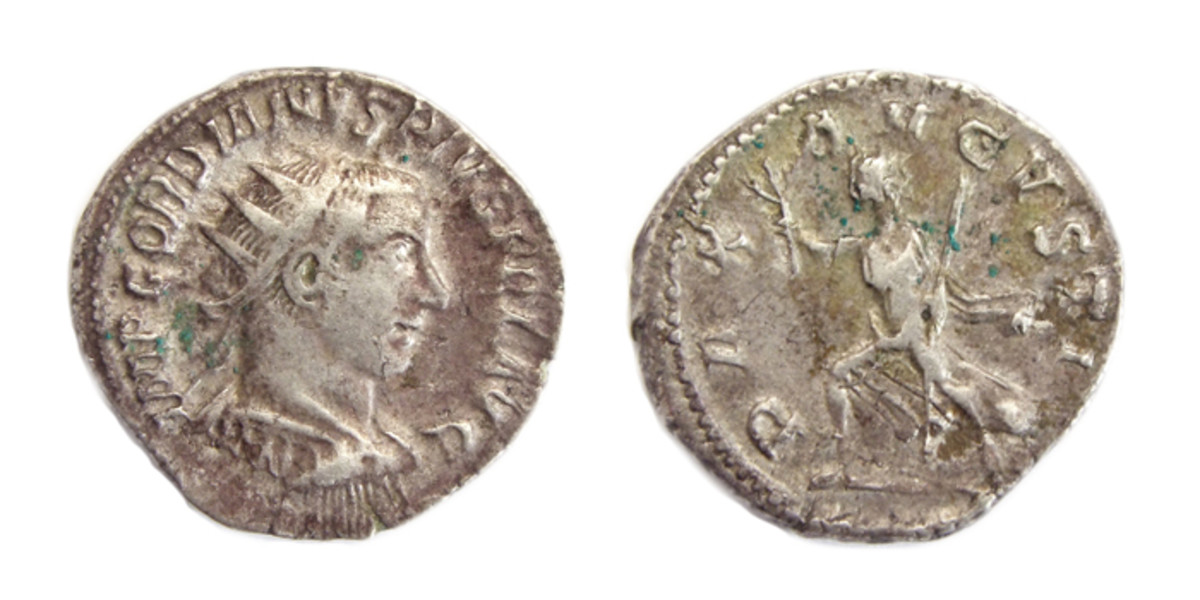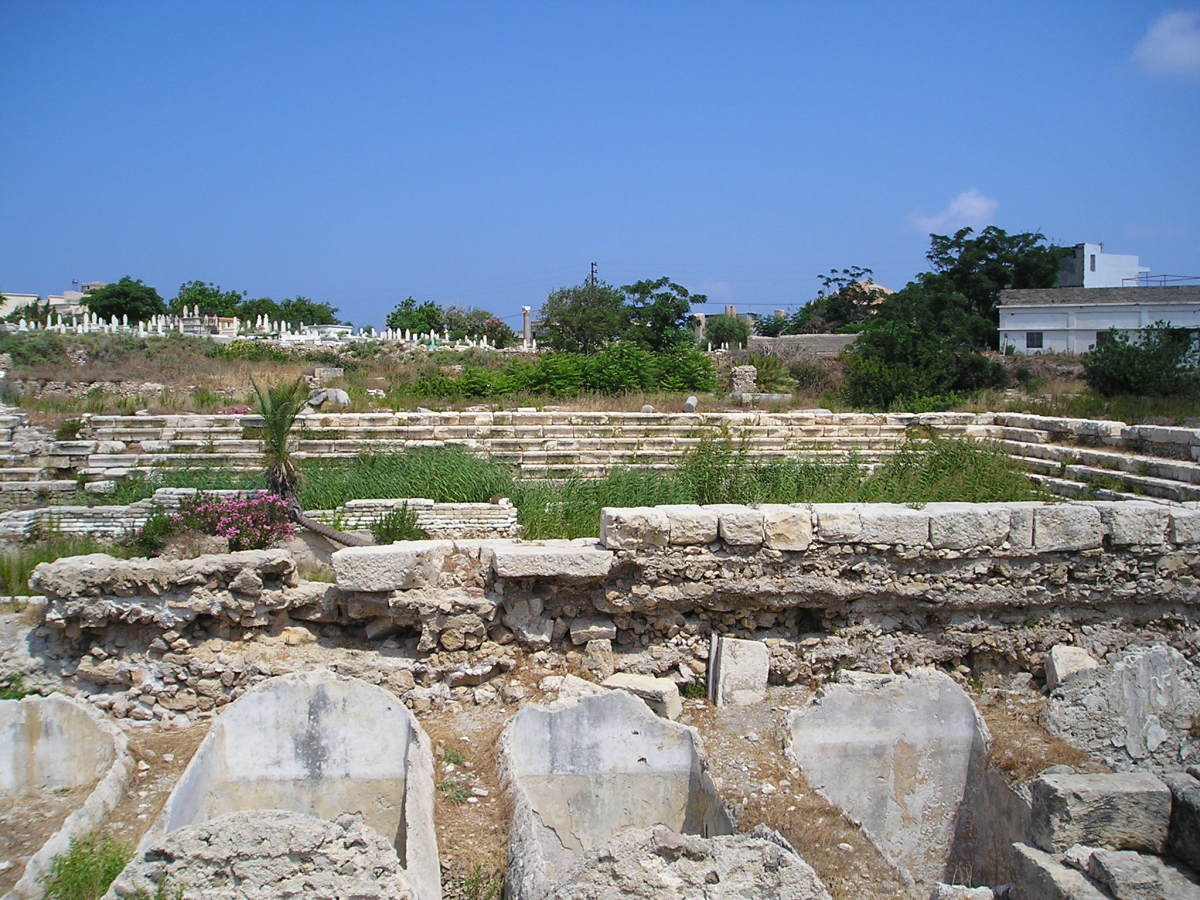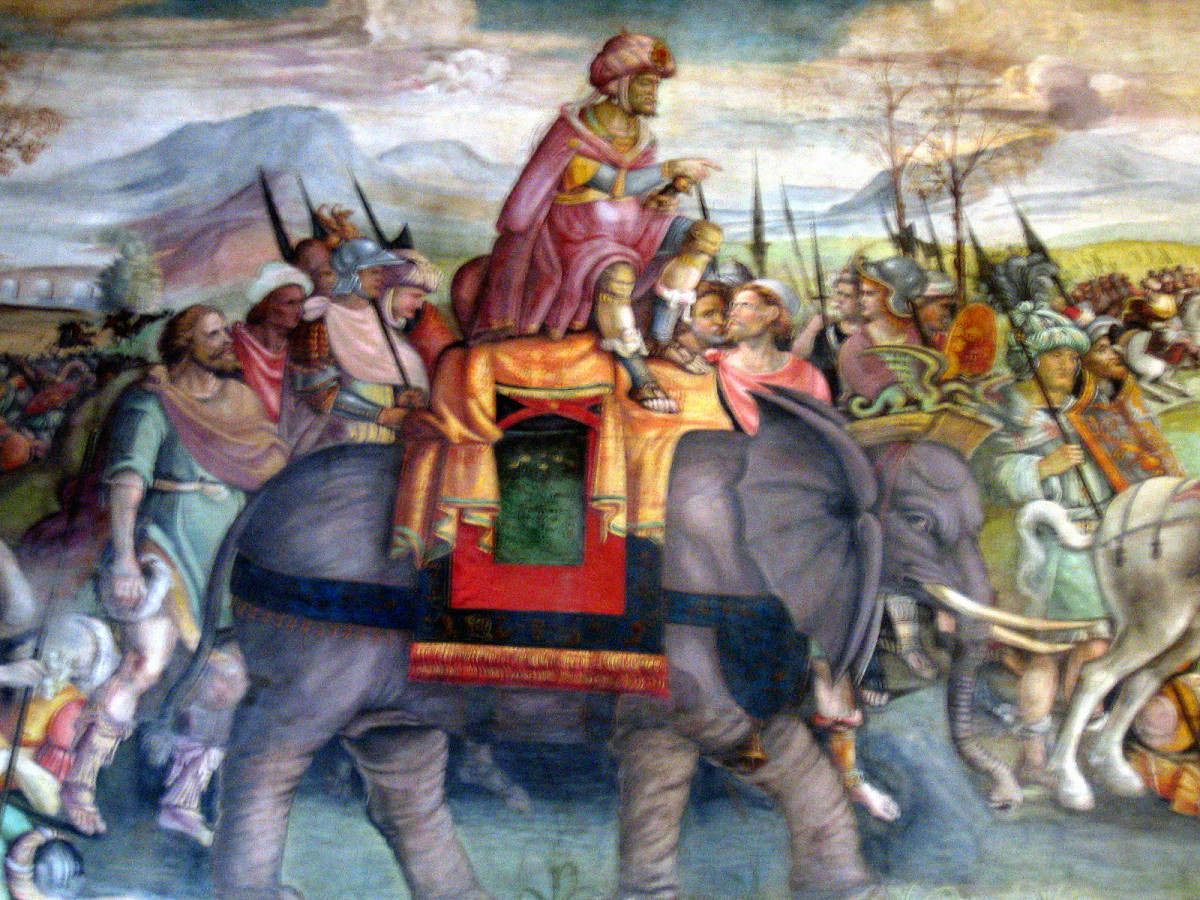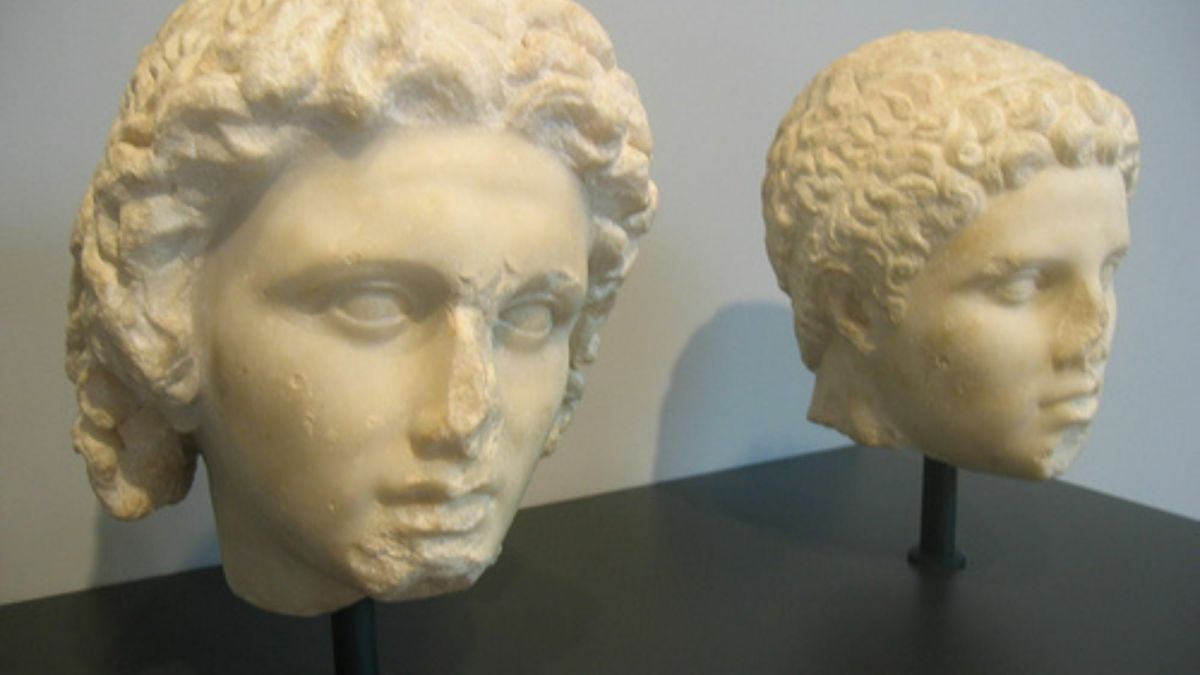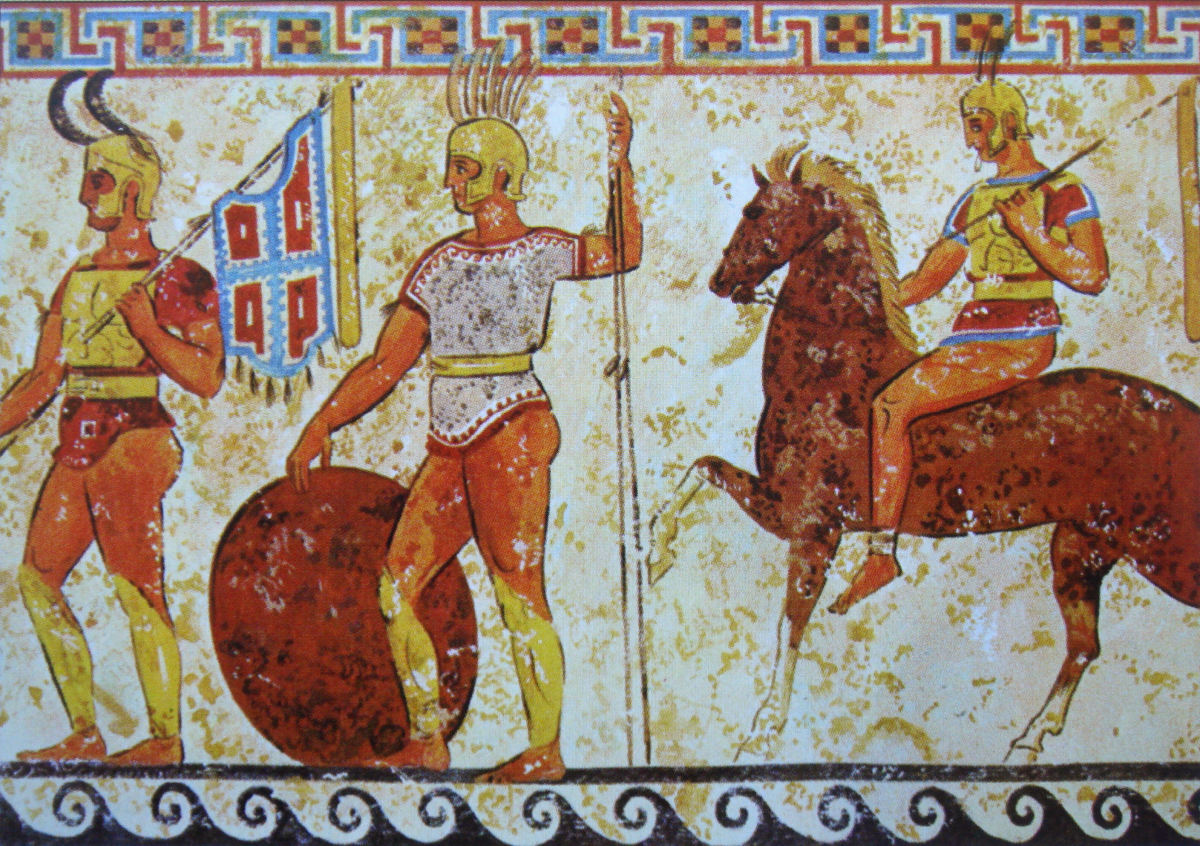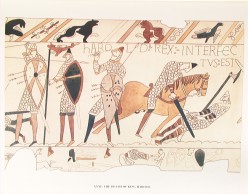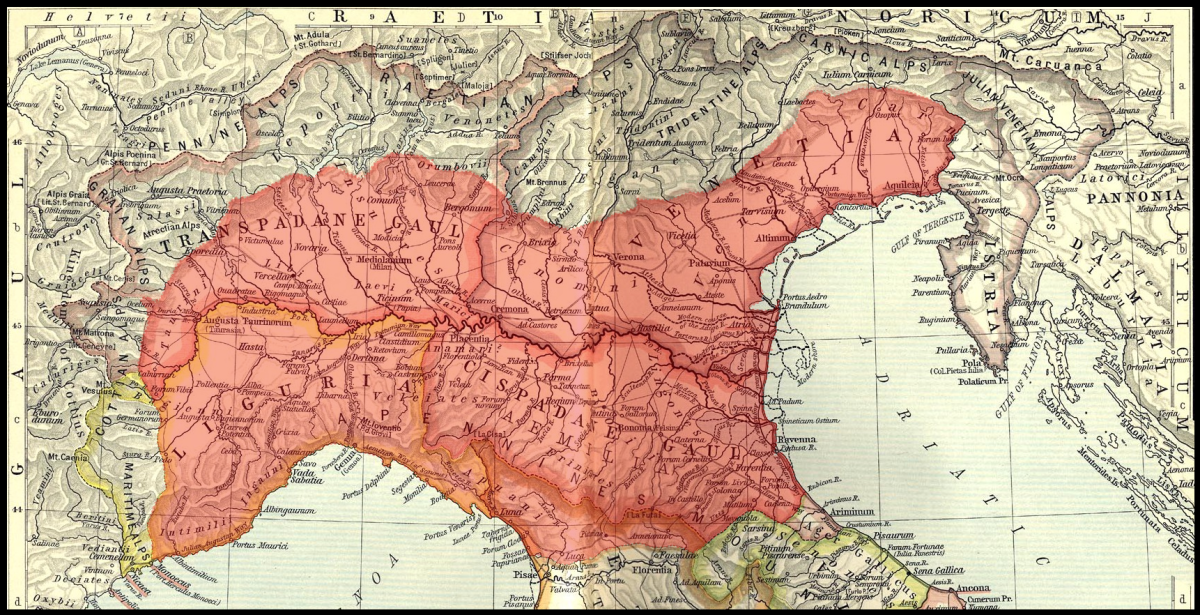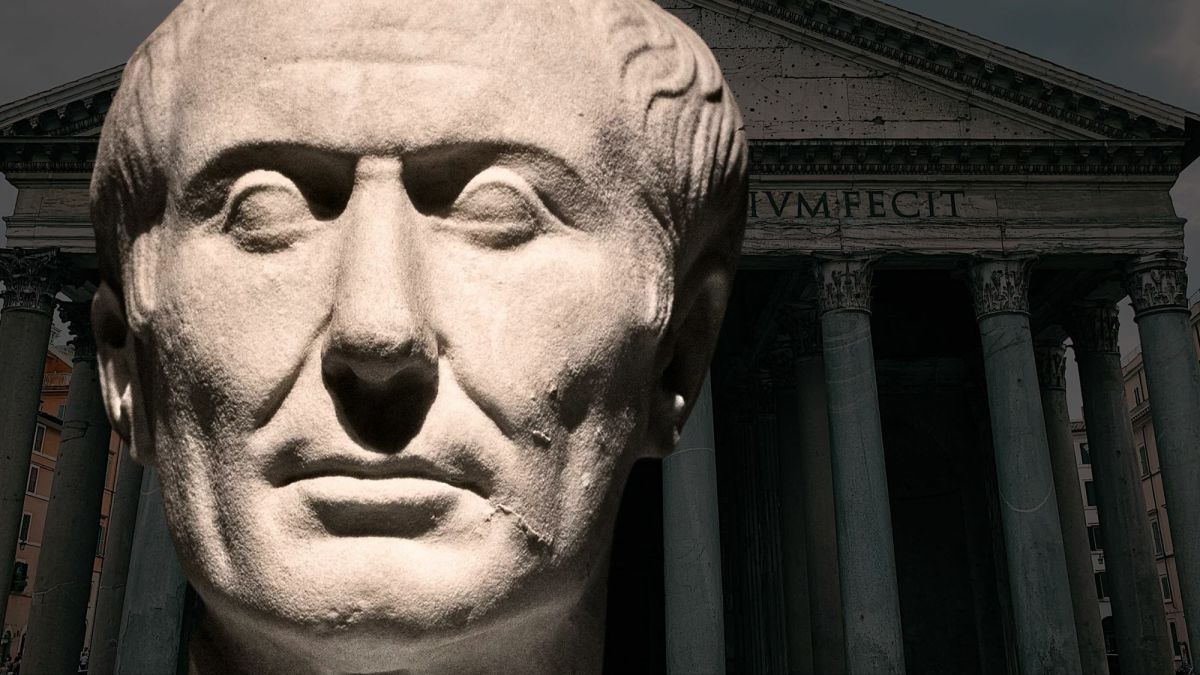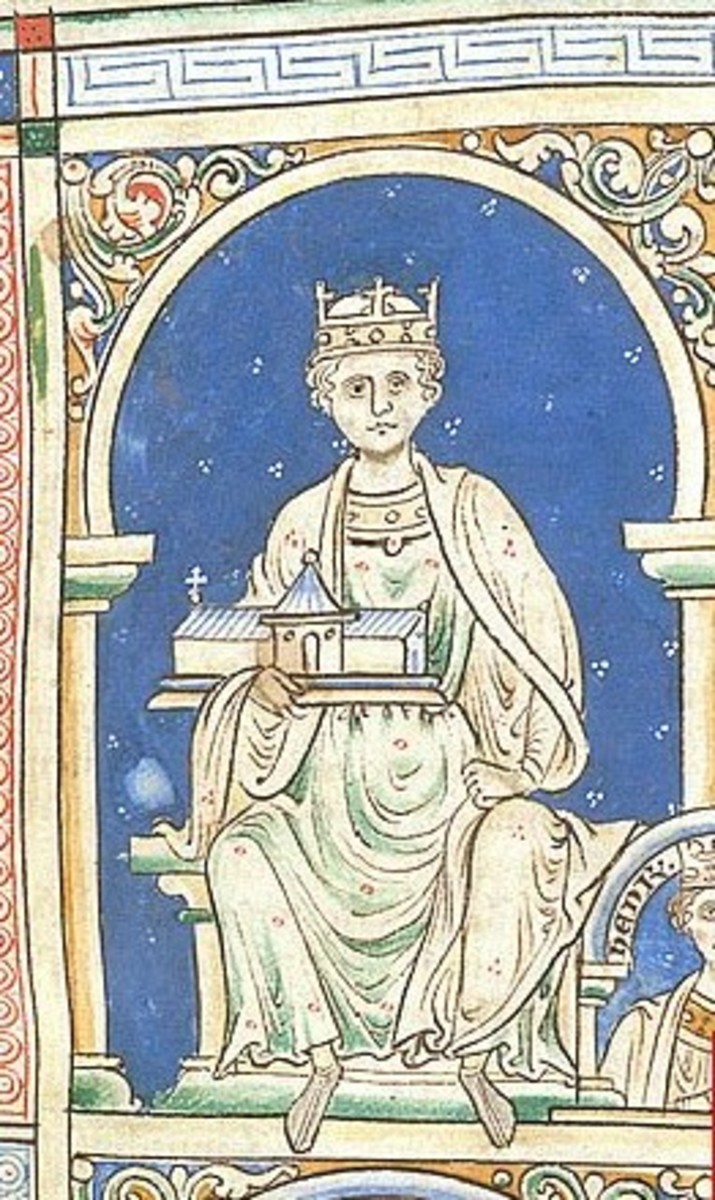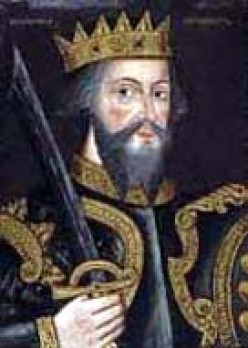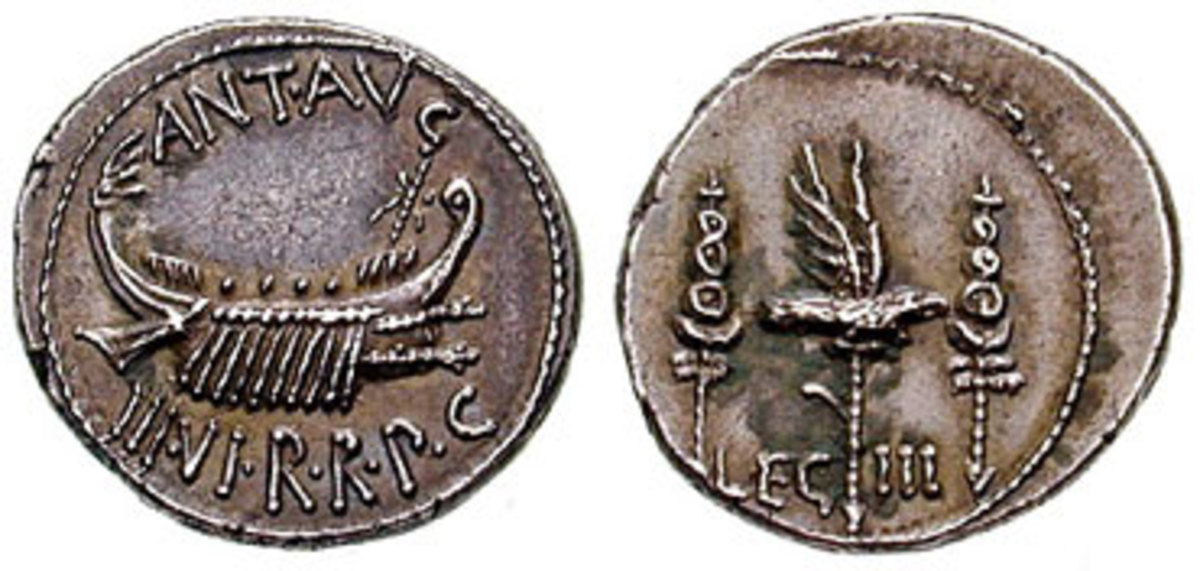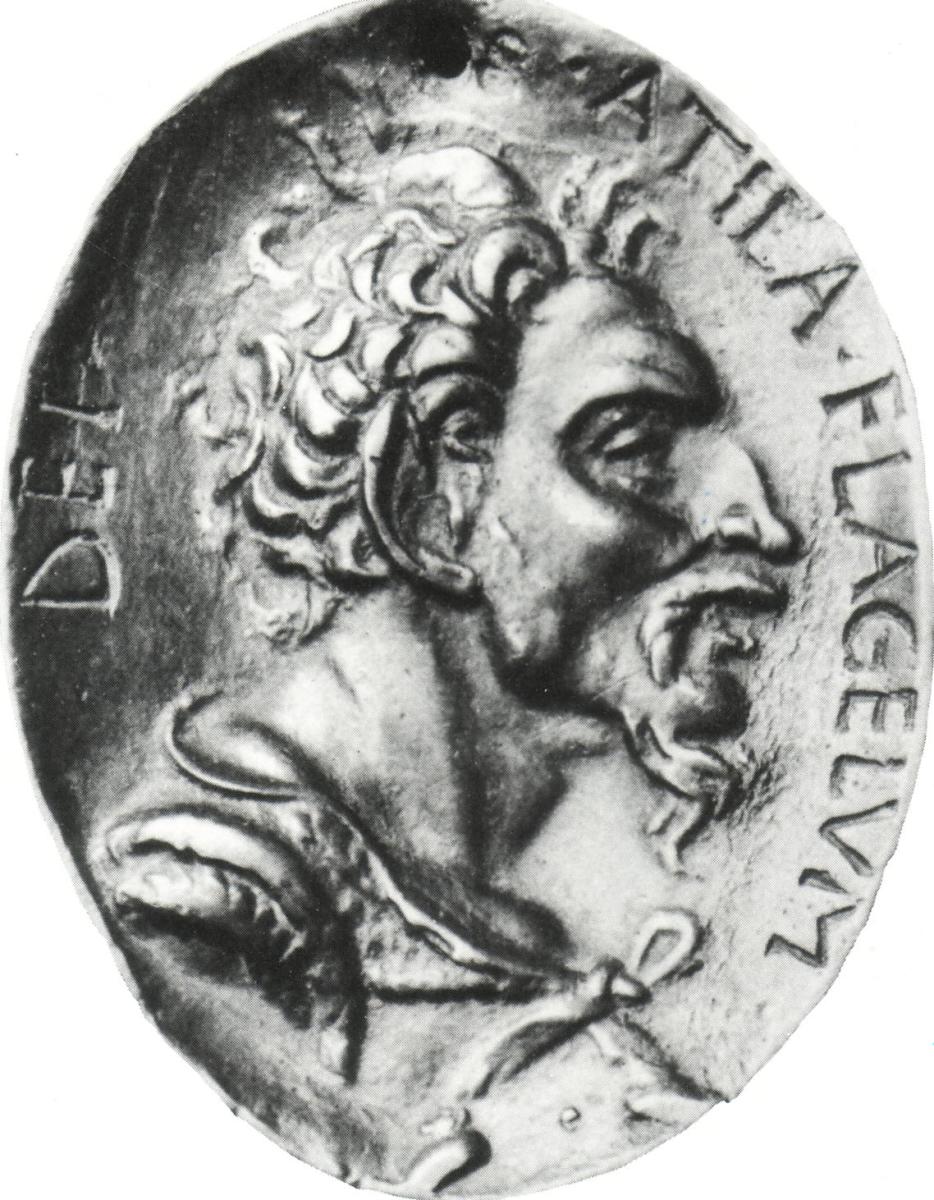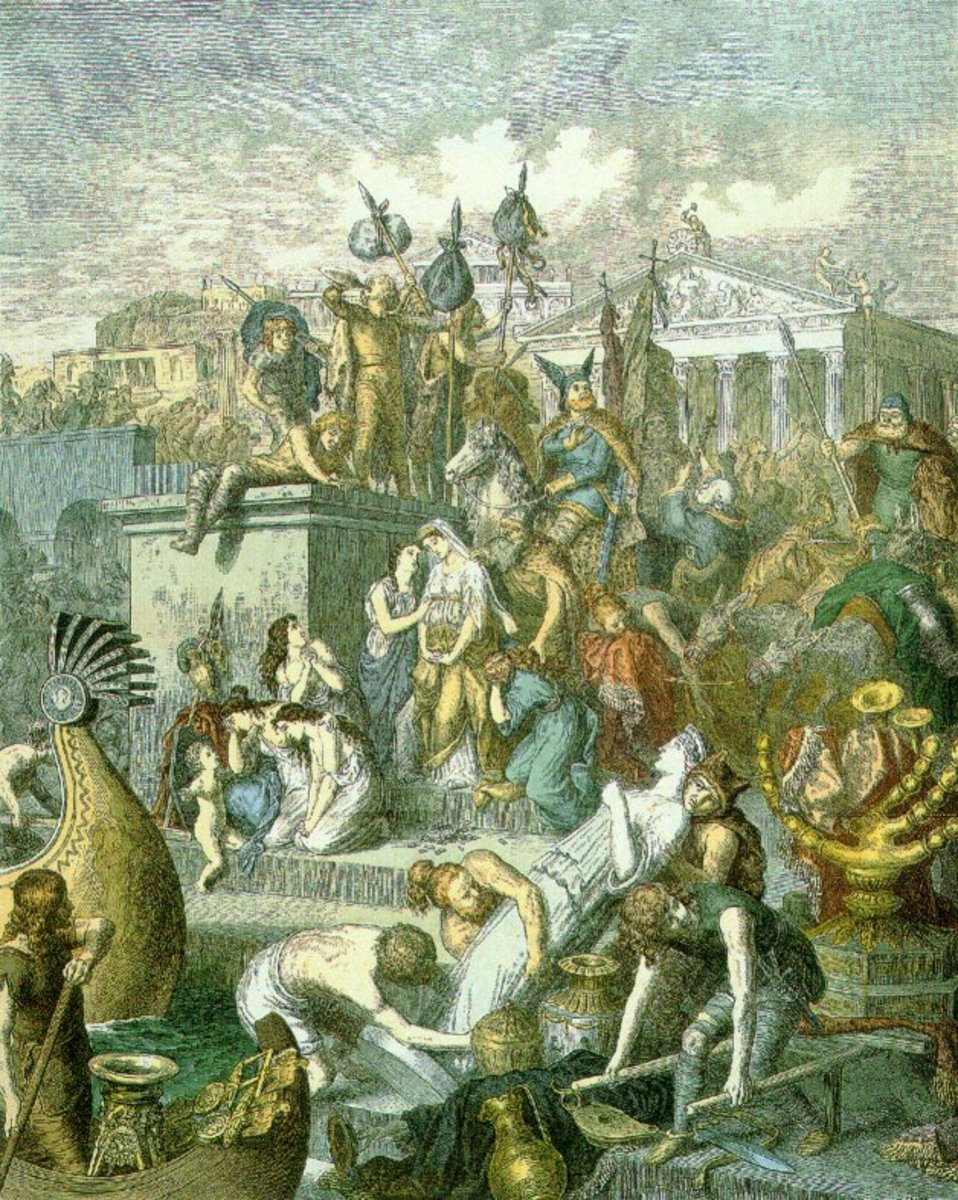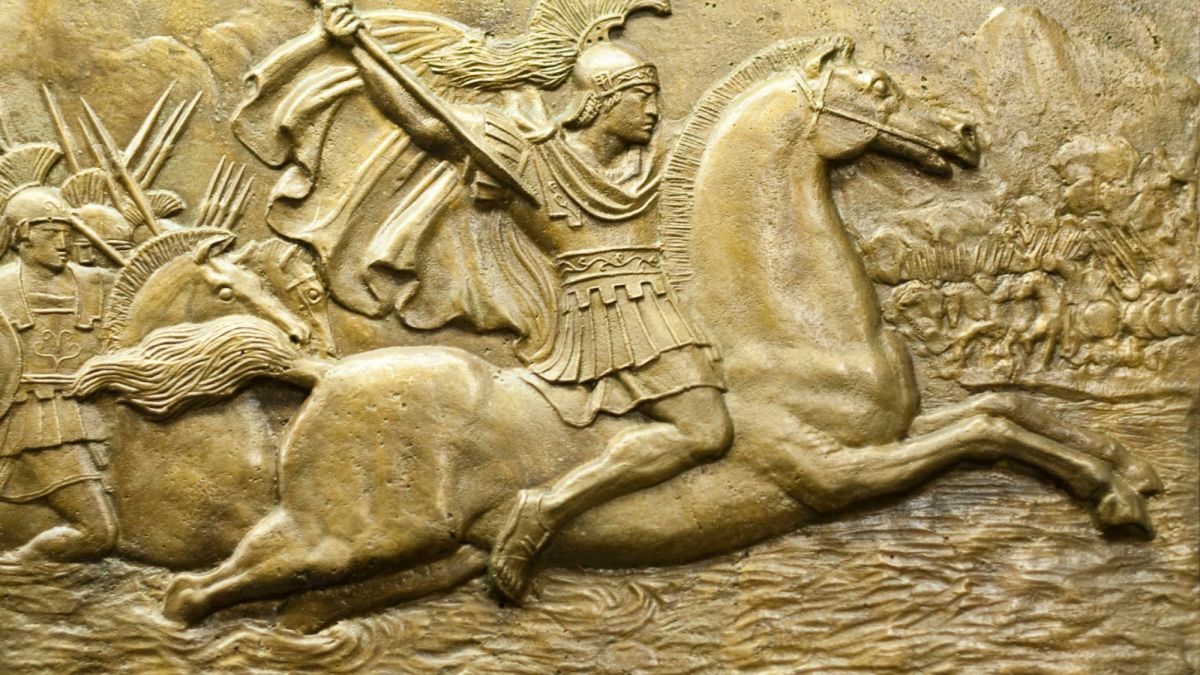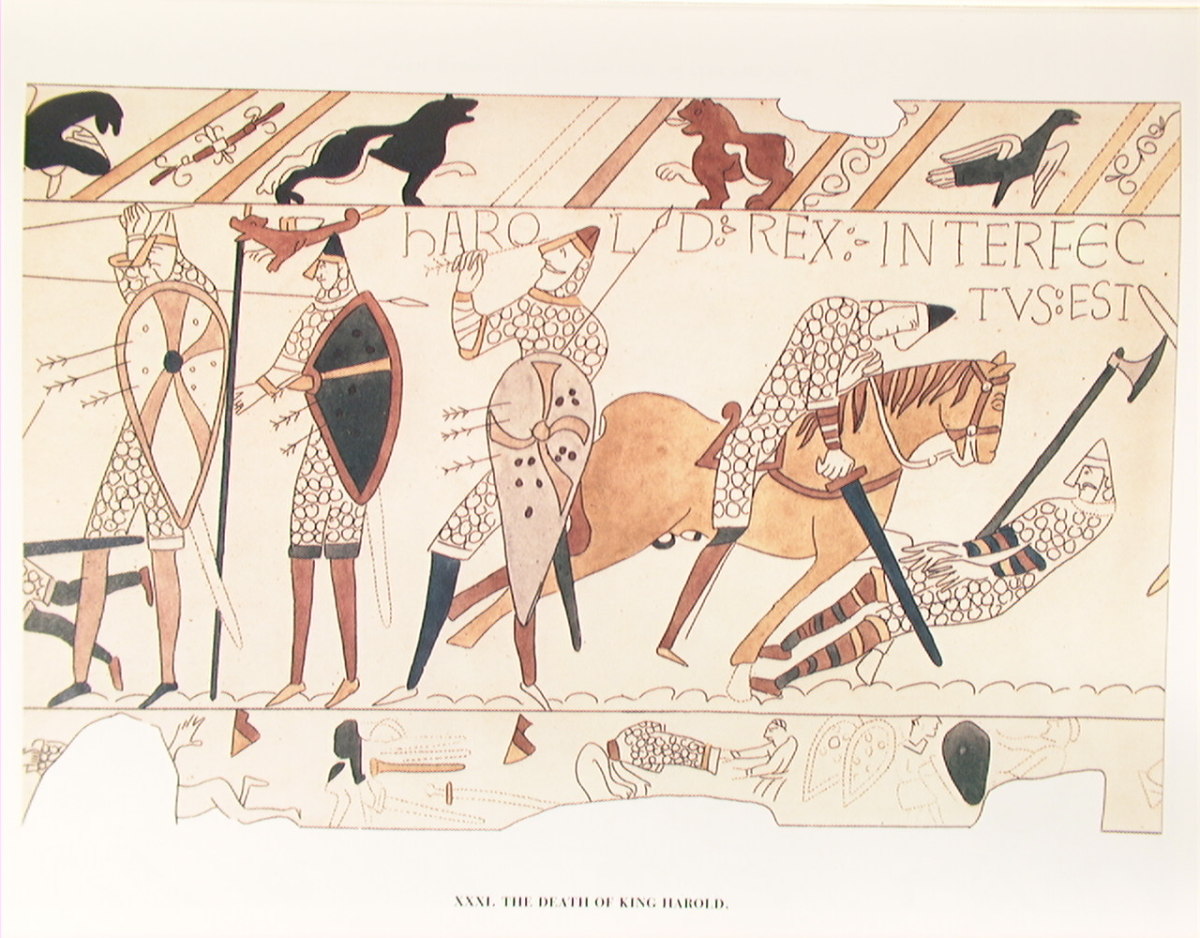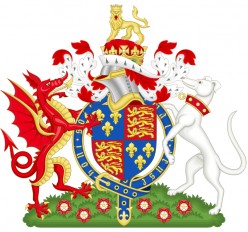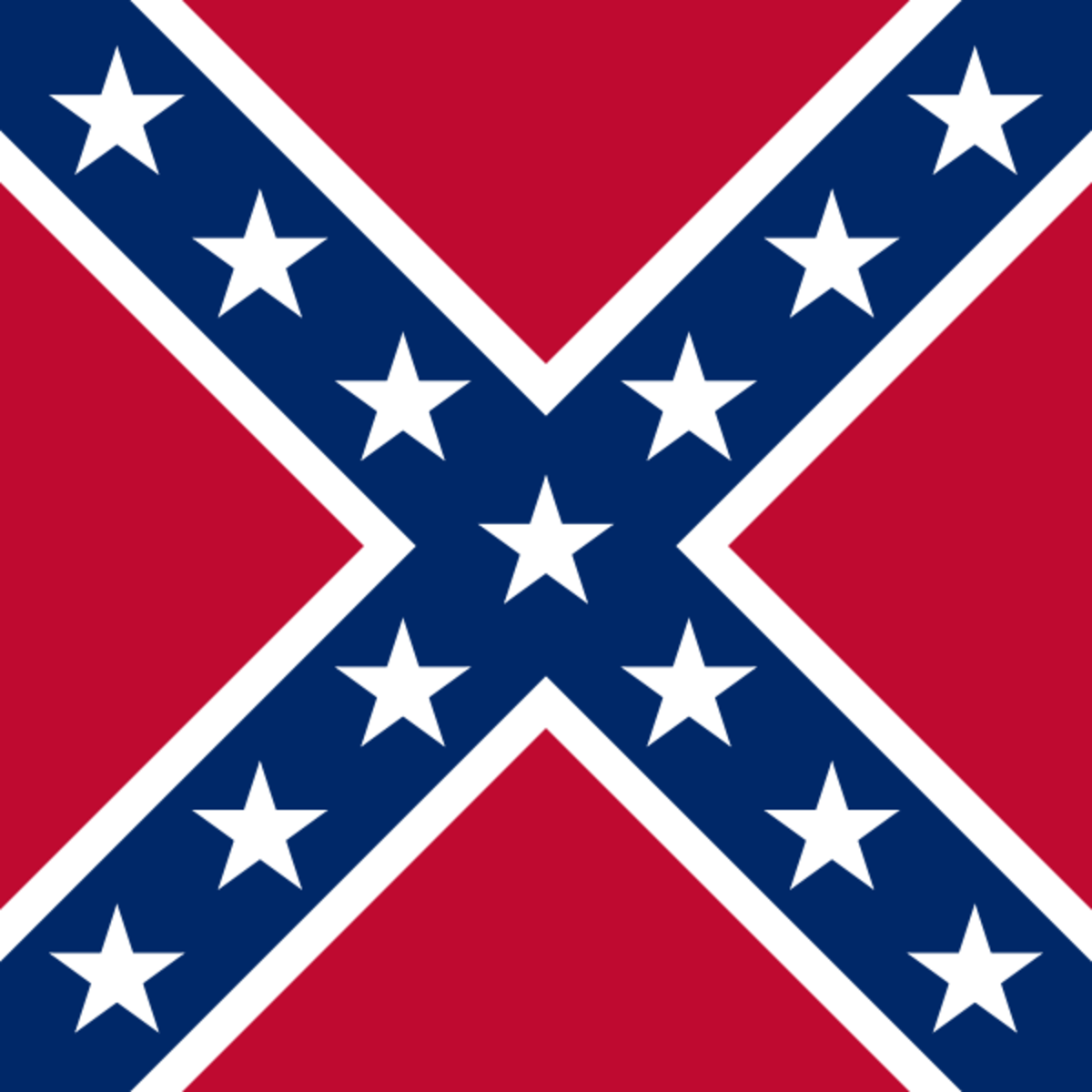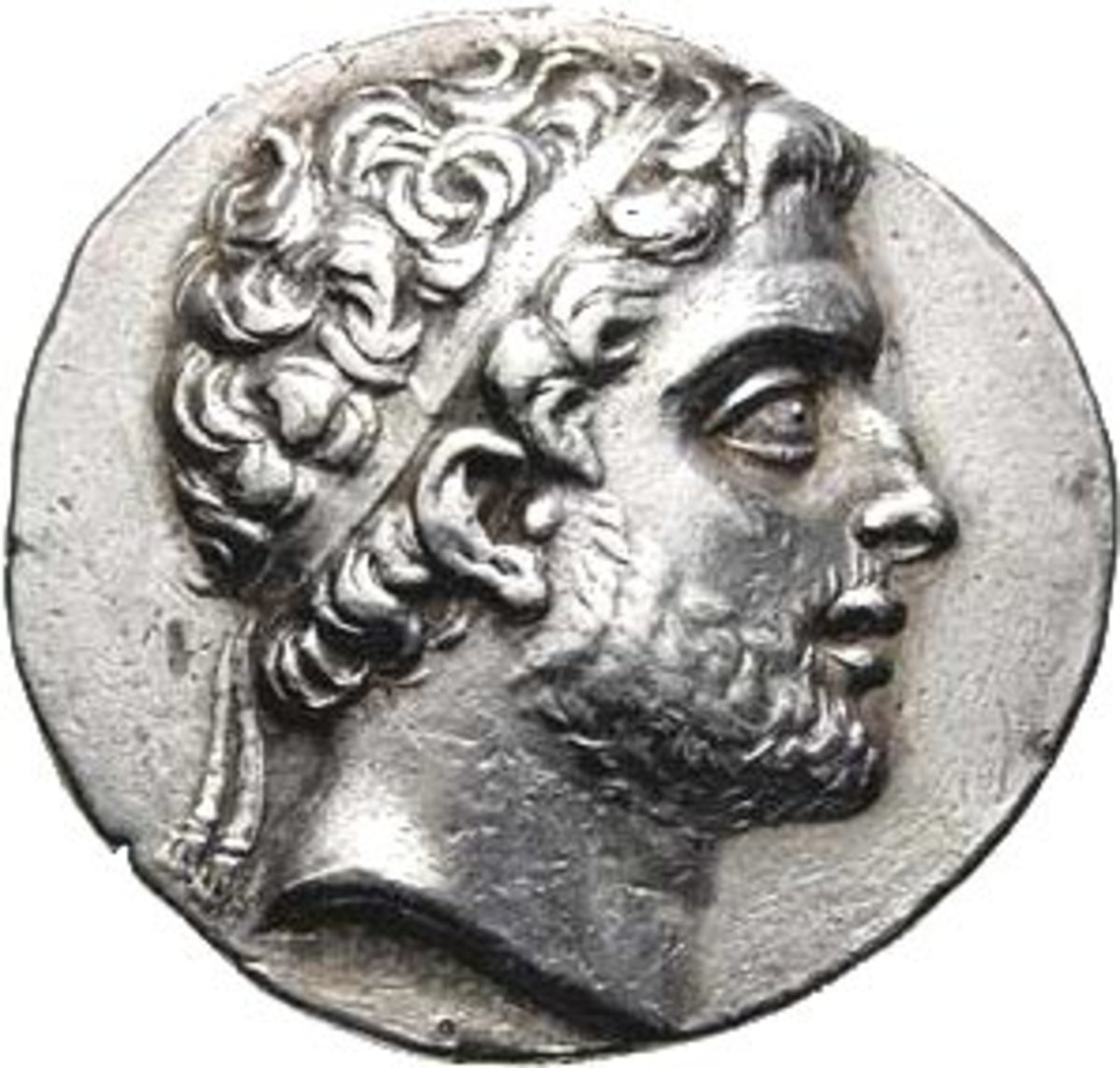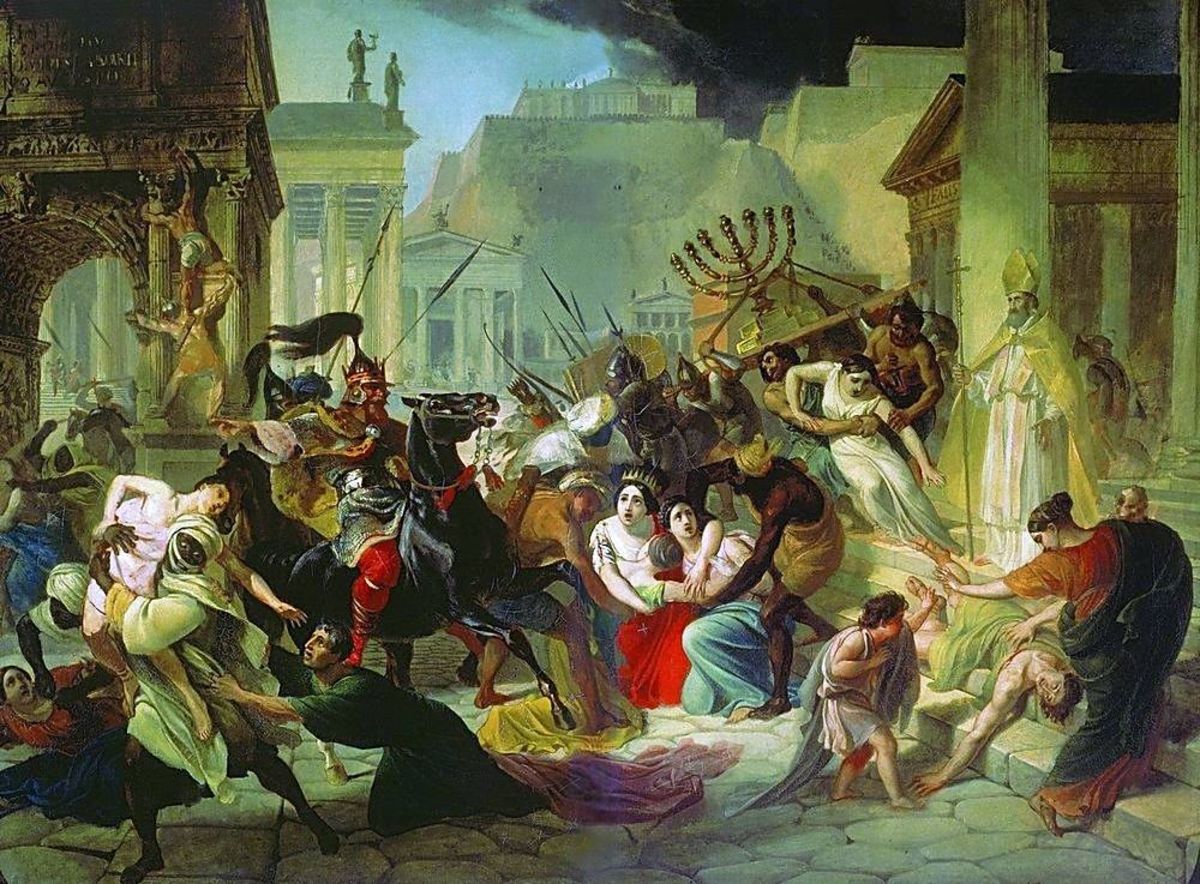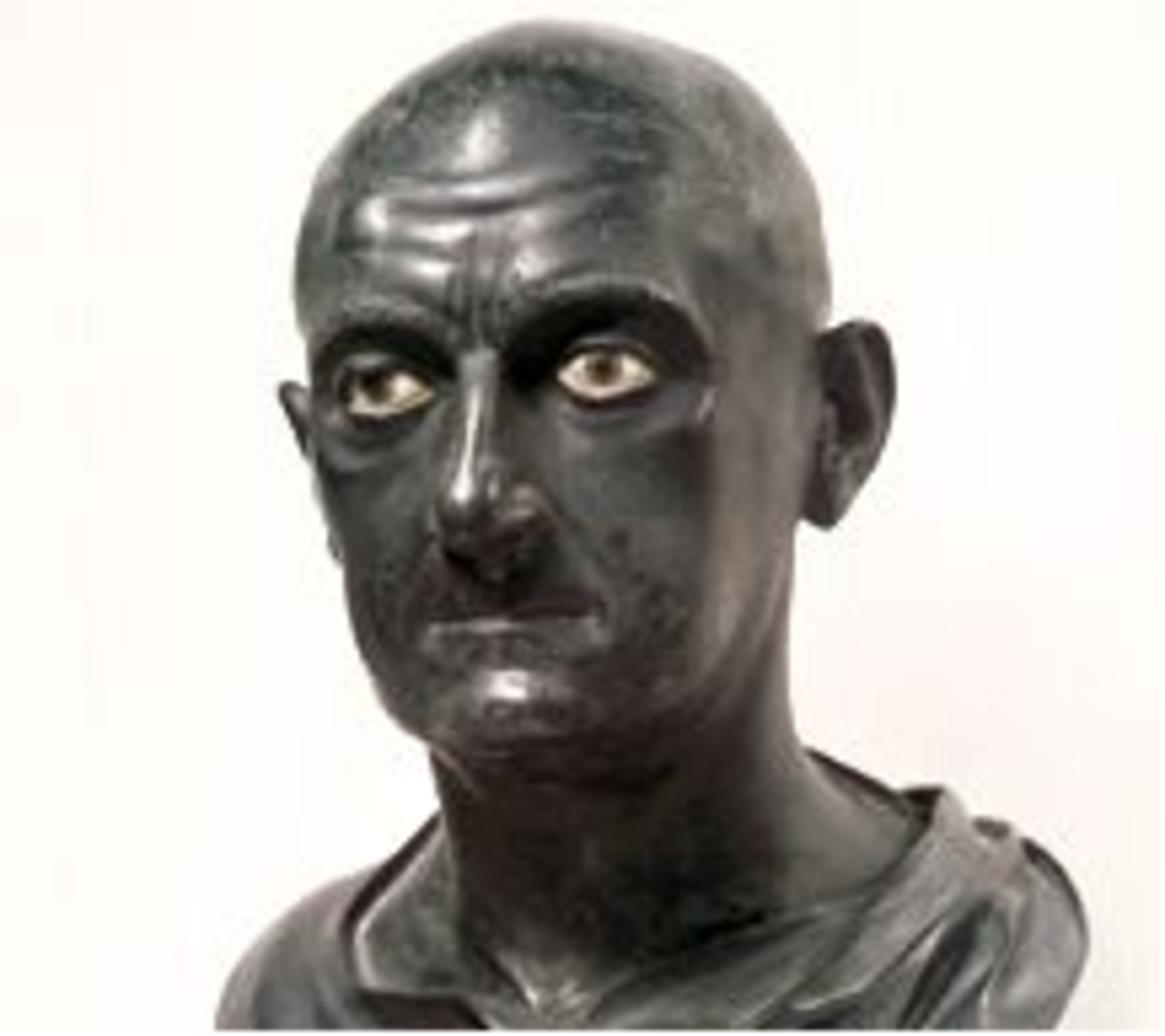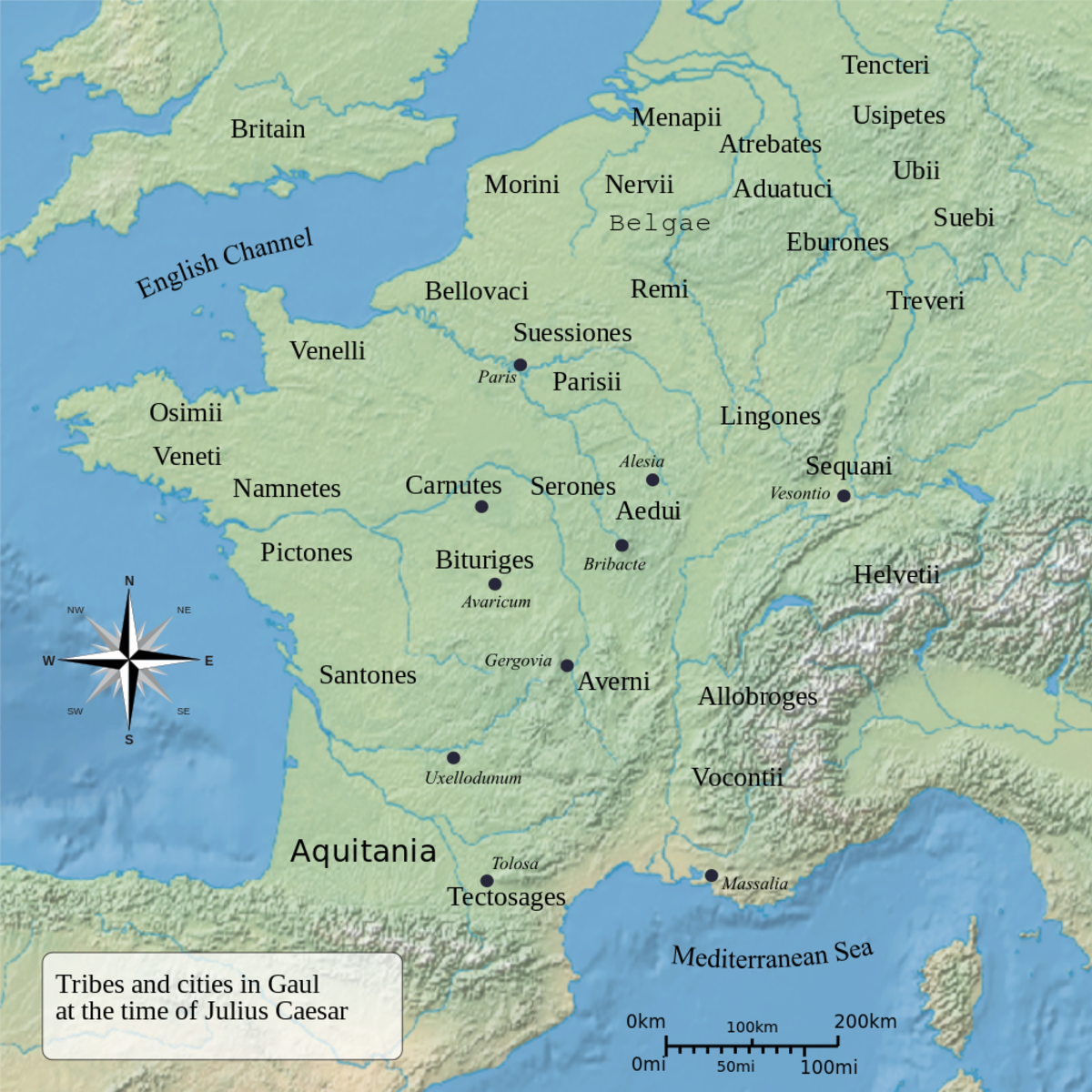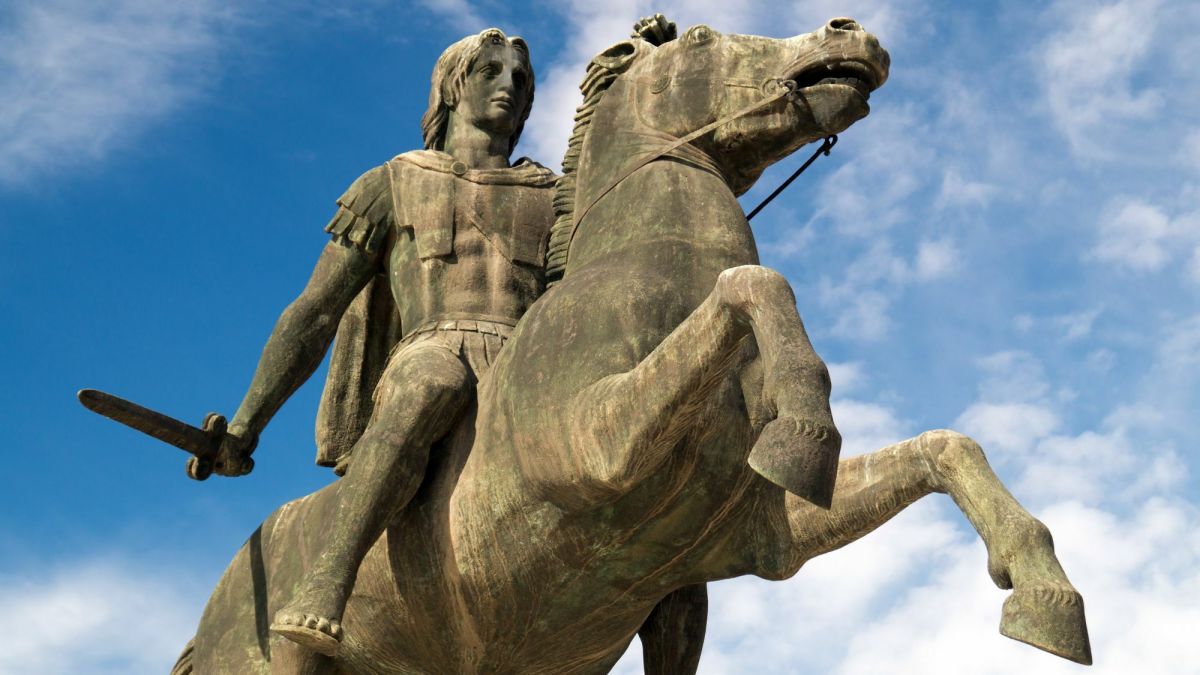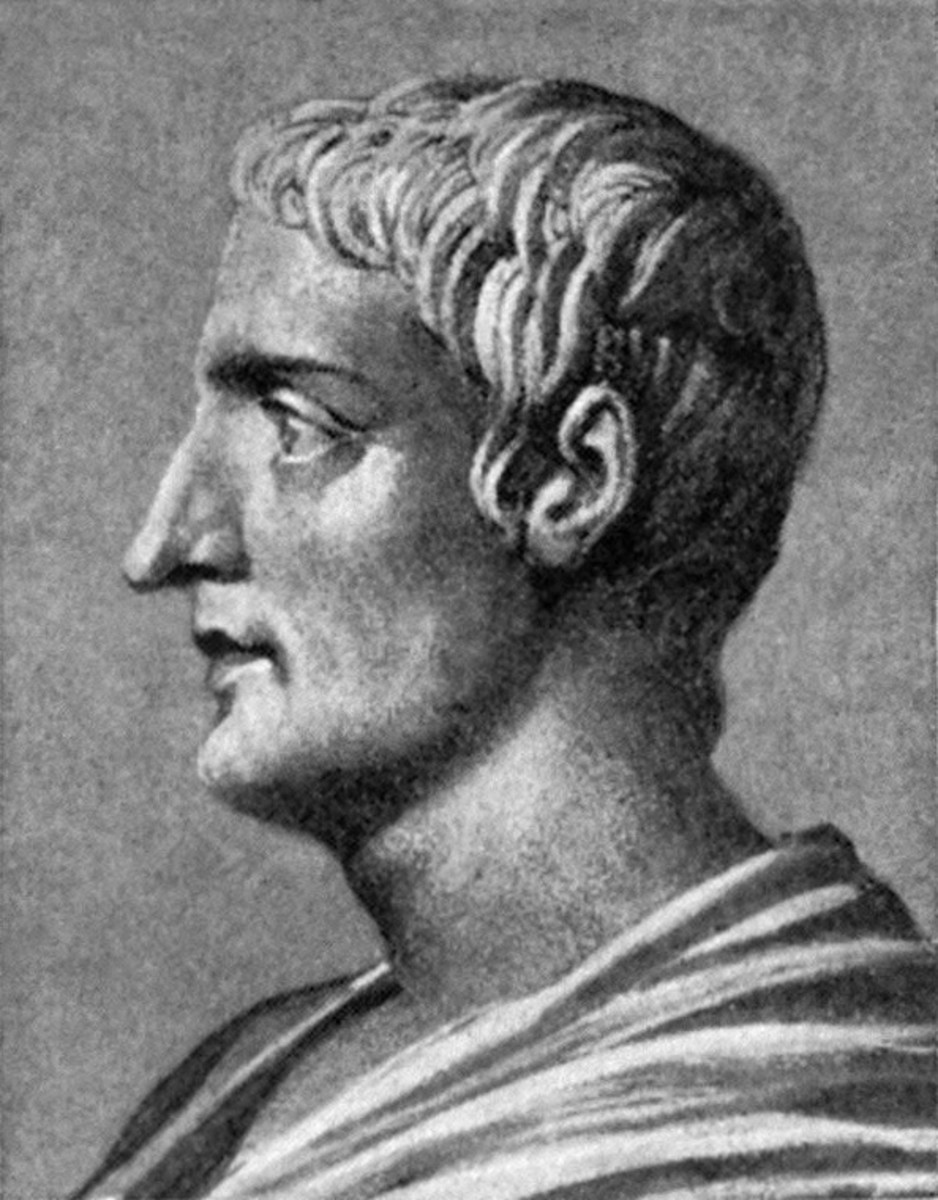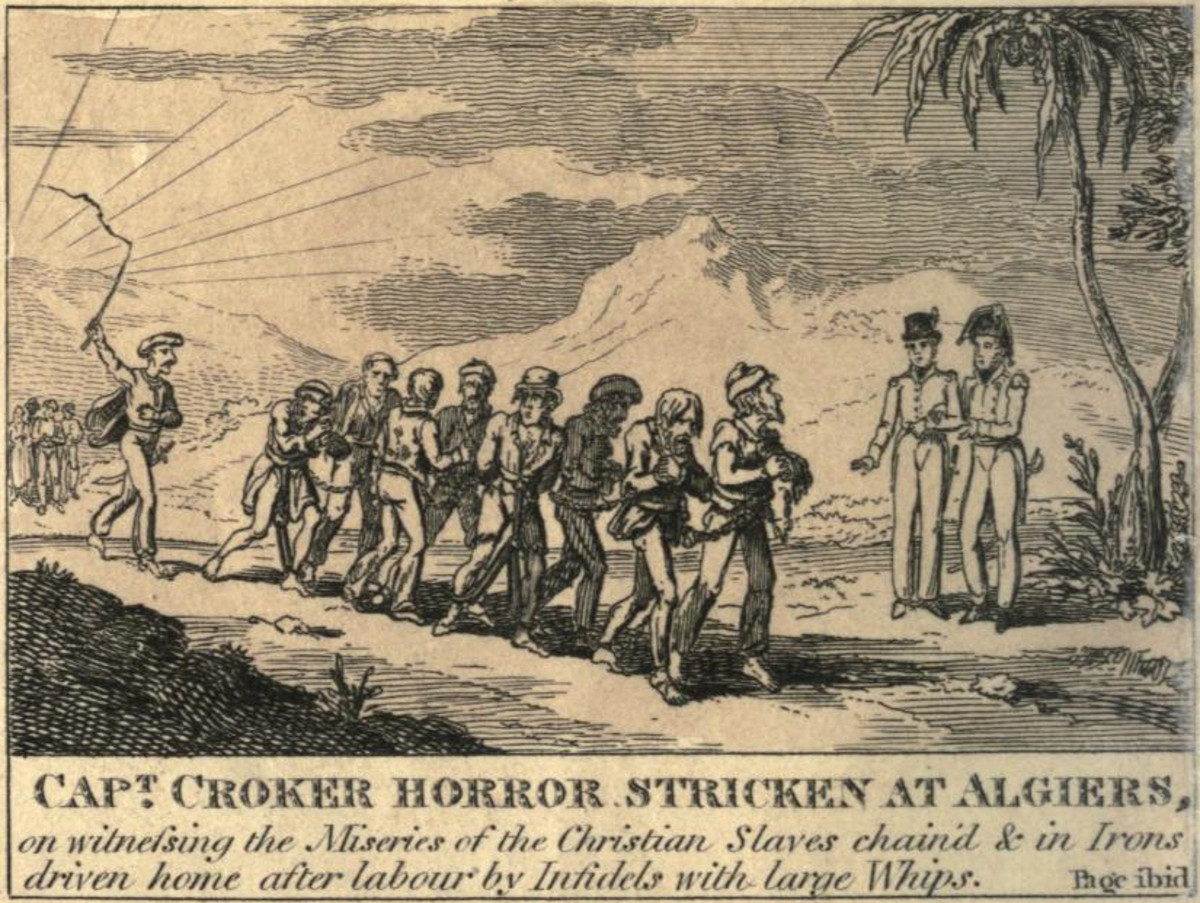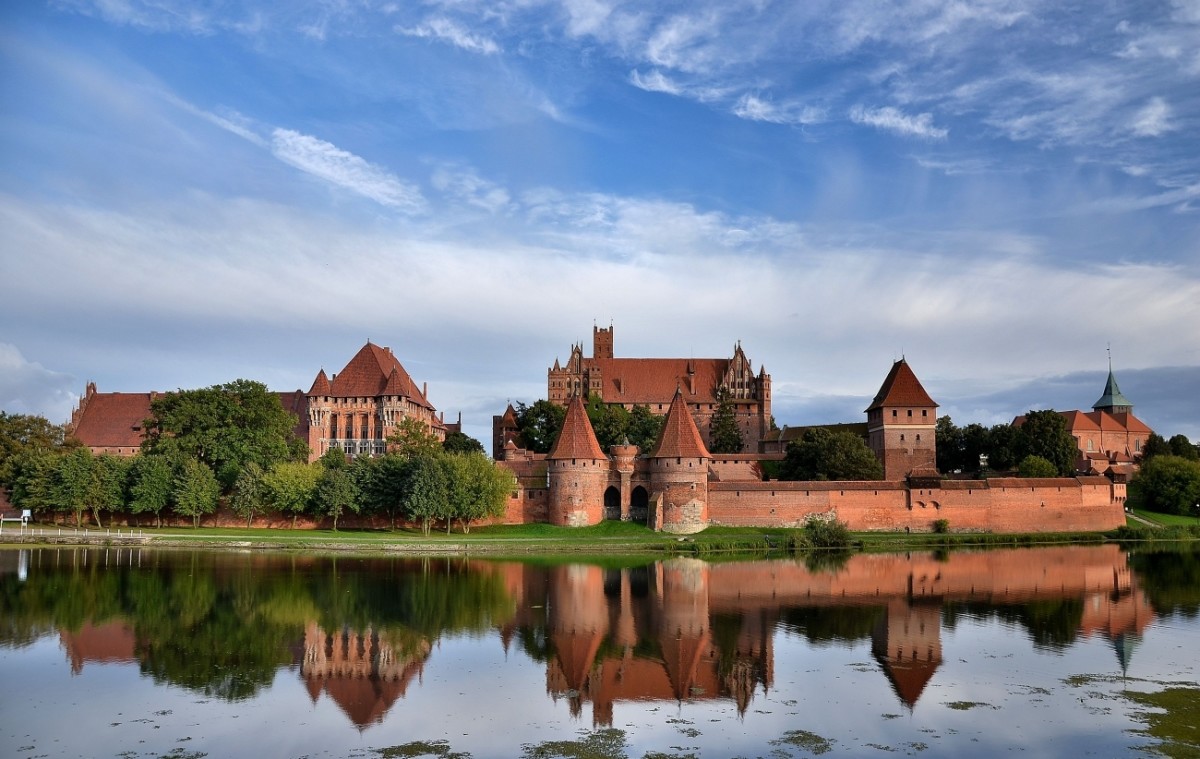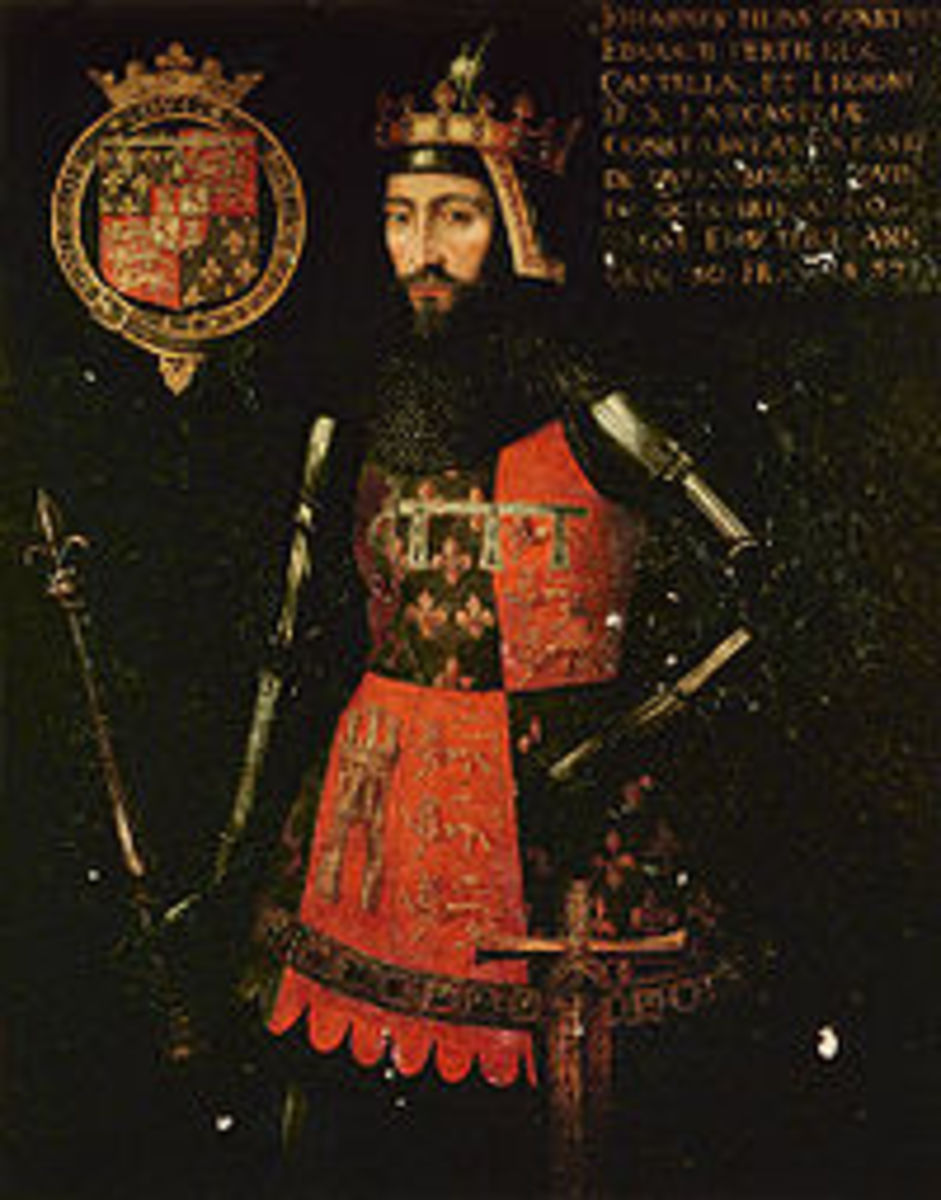 68
68- 0
The Crusades: The Cause for War
The Crusades were a formative event in the development of the European political structure. In the prelude to The First Crusade, the Papacy developed the ideals that would drive religious warfare in Europe and clarified the role of the Church in temporal politics.
- 0
What Makes a Crusade?
European political history is defined by the struggle between the Church and national authorities. The Crusades were a pivotal moment in redefining the role of the Church in Europe and its effects abroad.
- 0
The First Crusade and the Idea of Crusading, a Review
in his short book, The First Crusade and Idea of Crusading, Jonathan Riley-Smith lays out the situation of the Church in the early 11th century and establishes the reasons, political and spiritual, the Europeans went on Crusade.
- 0
The Peloponnesian War, a Review
The Peloponnesian War was the greatest war of the ancient world before the rise of Rome. Donald Kagan's 2003 The Peloponnesian War is a clear and comprehensive work of history for layman and scholar alike.
- 0
Ancient Rome: A Military and Political History, In Review
Ancient Rome takes a look at an a large swathe of Roman history with the intent of providing the reading the basic ideas of Roman military and political history throughout the course of Roman history from the end of the monarchy until the fall of the empire. .
- 0
A Look Into History: Roman Diplomas
'Diploma' has come to mean an educational certificate, but for the Roman citizens it was a designation of service to the republic, and for many it was their path to citizenship.
- 0
"Early Roman Warfare" by Jeremy Armstrong: a Review
A review of "Early Roman Warfare" by Jeremy Armstrong; the book details a revised model of development for the early Roman armies.
- 0
Rise of the Republic II: The Conquest of Veii
Rome, a small city-state on the bank of the Tiber, would see her fortune change in a series of battles throughout the late 5th and early 4th century BC. The capture of Veii would be a turning point for Rome.
- 0
Rise of the Roman Republic: The Siege of Veii
Rome, a small city-state on the bank of the Tiber, sees her fortune change in a series of battles throughout the late 5th and early 4th centuries BC. At the Siege of Veii, Rome embarks on such a development.
- 0
Scipio Africanus and the Siege of New Carthage
In 209 BC, Scipio Africanus recognized the strategic situation and took the fight to Hispania. There, he masterminded the overthrow of New Carthage and reoriented the Roman war effort.
- 0
Birth of the Republic: The Legend of Cincinnatus
Alongside battles with the Etruscans and Latins, Rome's rebirth saw the rise of legendary citizens to herald the new government. Learn the story of Cincinnatus, recorded by Livy.
- 0
Birth of the Roman Republic: Warfare, Struggle and Instability
After the fall of the last king of the Roman Republic, the Roman people were adrift in a sea of warfare and a changing political landscape.
- 0
Birth of the Roman Republic: The Fabian-Veii War
After the fall of the last king of the Roman Republic, the Roman people had to contend with the Etruscans and Latins as a fledgling state in a battle for supremacy in Latium.
- 0
Rise of the Republic II: The Battle of the Allia
At the Battle of the Allia, Roman armies were defeated by invading Senones, who would subsequently sack Rome.
- 0
Death of a Kingdom III: Tarquin Is Defeated at Lake Regillus
How much do you know about Tarquin the Proud? Tarquin the Proud was the last king of Rome. And at Lake Regillus in the 490s BC, he would end his quest to regain the throne. Read on for this full historical story.
- 0
Death of a Kingdom II: The Roman-Clusium War
In 509 BC, Tarquin the Proud, last king of Rome, sought out Etruscan allies to try to retake his throne and found one in Lars Porsena of Clusium.
- 0
Death of a Kingdom I: Rome in the Battle of Silva Arsia
The year was 509 BC and Rome had just declared a republic, having driven out the last Etruscan king. Tarquin the Proud would never accept being deposed, and in his first attempt to retake the throne, he met a Roman army with his allied forces in the battle of Silva Arsia.
- 0
Maniples: How Rome Marched to Empire
In warfare, innovation spurs victory. The Roman Maniple came to dominate the battlefields of antiquity through a unique fusion of individual savagery and the discipline of the phalanx.
- 0
The Failure of the Mexican-American War
In the 19th century, American expansionism resulted in a war of aggression against Mexico. The resulting cultural divide haunted both countries into the 21st century.
- 0
American Government and the Danger of Political Parties
The Constitution of the USA does not strictly forbid political parties, and yet its writers cautioned heavily against the danger that such parties posed to the stability of the State.
- 1
Shaping America: Immigration in the Age of Mass Migration
Immigration has long been the lifeblood of the Americas, and the cultural melting pot of the USA has drawn millions of immigrants to find the American Dream.
- 1
Lincoln’s War: How Lincoln Bled the Union
The American Civil War was a bloody affair involving the Northern Unionists and Southern Confederates, but did the war have to be so devastating?
- 0
Road to Dictatorship: Rome Before the Social Wars
Before Julius Caesar swept away the Roman Republic the Social Wars changed the fabric of Roman life irrevocably.
- 0
Gallic Tribes: The Sequani, Friend and Foe
Gaul was an ancient enemy of Rome, but it was not simply one tribe of barbarians; there were many. Through their actions, the Sequani changed the face of Gaul.
- 4
Wartime Ethics: The Bombing of Dresden
What is considered ethical can change based on the situation. In WWII the German city of Dresden became the catalyst for the study of what should be considered ethical in war.
- 3
Gallic Tribes: The Nervii, Bravest of the Brave
Gaul was an ancient enemy of Rome, but it was not simply one tribe of barbarians, they were many. Among the Celtic tribes of ancient Gaul, the Nervii were considered the bravest and most warlike.
- 1
Catalonia: Forged in History
Catalonia has a rich and varied history, transforming from a tribal confederation through Roman, Barbarian and French rule until joining Aragon in the Spanish world.
- 1
Pax Romana: Peace During War
The Pax Romana is widely seen as a period of peace at the start of the Roman Empire, but a modern look would not be so kind. Learn what happened during the Pax Romana.
- 0
Cities in History: Ancient Tyre
The cities of Palestine played an important role in the development of the region. Tyre was no exception, and its long history mirrors that of the Levant.
- 0
Palestine, Gateway to the Mediterranean
Before the Greeks and Romans resettled Palestine it was the edge of the eastern world, but through two men, Palestine developed into a busy hub.
- 0
Palestine: Crossroads of the World
Within the Levant the history of the world was changed. Palestine is the birthplace of the worlds monotheistic religions, and has been at the heart of conflict through the ages.
- 0
Tyrannical Dictators: Rule of One!
Plato's philosophy that governments constantly change has wrung true throughout history. This article looks at the social causes of the rise of the tyranny of dictatorships.
- 2
The Calabrian Insurrection: Prelude to the Peninsular War
When Napoleon's eldest brother Joseph was installed as king of Naples, it caused an insurrection that was a prelude to the guerrilla war in Spain.
- 4
Trunks and Tusks: The Terror of Rome
War elephants are credited with being great weapons of war in Rome, but this was only true in the minds of the elephants' enemies. What is the truth?
- 5
Was Alexander the Great Really Greek?
History has many mysteries. Alexander the Great, born a Macedonian, has often been viewed by history as a Greek, but what was he really?
- 3
The Samnite Wars: The Battle of Saticula
The Samnite Wars rocked the early Roman Republic. The Battle of Saticula was a near disaster for the Roman army, but the army was saved by the actions of one Tribune.
- 11
Saxon England: What if History?
History is rife with conflict, and in war history changes in an instant. This is the story of what could have happened in the Battle of Hastings and how it would have affected England.
- 2
Where Was Gaul?
The Gauls were major enemies of the Roman Republic. Julius Caesar united the disparate tribes under Rome, after which the conquest of the Gallic territory greatly affected Roman society and rule. But what part of Europe was once Gaul?
- 5
Julius Caesar: Tyrant or Populist?
Julius Caesar is often considered a tyrant or a dictator. This article argues that he was simply a popular leader living in a different and difficult time.
- 11
The Empire Enigma: Explanations and Examples
Does America have an empire? Historical examples of empires and why America is not one.
- 7
All About the Angevin Empire
Henry II built an empire out of duchies and counties and became king of England to top it off. This article began as a reply to a question about the Angevin Empire but grew into a full-length piece. Here's everything you need to know about the Angevin Empire.
- 5
One Head for Many Hats: Dual Monarchies and Personal Unions
A look at feudalism, personal unions, and dual monarchy.
- 9
The Evolution of Warfare: Standards of Battle
Summary of the use of flags and standards as military tools.
- 9
Chalons: The Battle That Broke Attila
At the Battle of Chalons, Attila and his allied armies were defeated by the Roman general Aetius and his allies. This battle altered the balance of power in Gaul and Italy and led to the ascendency of the Franks.
- 2
The Last Campaign: Rome in the Teutoburg Forest
When Roman armies attempted to pacify Germany they were stopped at the Battle of Teutoburg Forest. Under Publius Quinctilius Varus the Romans launched their last campaign to conquer the Germans.
- 11
The So-Called Dark Ages
The term Dark Ages has long been used to describe the Middle Ages by the public as derogatory term, but the Medieval Period is important to the history of Europe for what it gave to Europe not for what was lost.
- 46
Alexander the Not-So-Great
Alexander the Great was an amazing commander, but he was not the great general history sometimes sees.
- 14
The Battle of Hastings: France's Most Important Battle
The Battle of Hastings is well-known in English history, but it greatly affected French history as well. Do you know the full story? Read on for the full historical tale.
- 7
Henry VII: England's Greatest King
An argument for Henry VII being the greatest monarch England has ever seen.
- 28
The Confederate States of America: What if History?
The Confederate States of America had a chance at winning the Civil War. This hub takes a look at what the world would have looked like if they had.
- 1
The Battle of Cynoscephalae: The Roman Conquest of Greece
The Battle of Cynoscephalae secured Roman dominance of the Greek city-states and caused the decline and collapse of the independent Macedonian kingdom.
- 0
The Arian Scourge: The Vandals!
The Vandals were a Germanic tribe that crossed the length of the Roman Empire and sacked Rome.
- 5
Forgotten Kingdoms: The Visigoths
The Visigothic kingdom of Tolosa was once the most powerful kingdom in Europe. This is their story.
- 2
The Battle of Zama: The End of Carthage
The Battle of Zama ended the Punic Wars and left Rome the sole great power in the Mediterranean Sea. Scipio Africanus defeated Hannibal and created a better world in his wake.
- 4
The Conquest of Hispania: Scipio Africanus
The history of how Scipio Africanus seized Hispania from the Carthaginian Republic while Hannibal invaded Italy through the Alps.
- 1
The Terror of Gaul: The Franks!
The Franks were the most successful of the barbarian peoples that invaded the Roman Empire, and they left a lasting mark on European history.
- 2
In the Shadow of Alexander: The Diadochi
An overview of the Diadochi, the successors to Alexander the Great's empire.
- 1
Tacitus: A Modern Perspective
A review of Tacitus's historical works.
- 0
The First Barbary War
Comparison of the Barbary Wars and Libyan struggles for independence.
- 10
Napoleon: The World’s Greatest Conqueror?
An overview of Napoleon's conquests and legacy.
- 5
The Northern Crusades: Europe's Last Pagan Kingdoms
An overview of the Swedish and Teutonic Crusades during the 13th and 14th centuries.
- 6
A Review of Norman Cantor's "The Last Knight"
An overview of John of Gaunt, the last medieval man, by way of a review of Norman Cantor's "The Last Night." Here's everything you need to know about John Gaunt.
